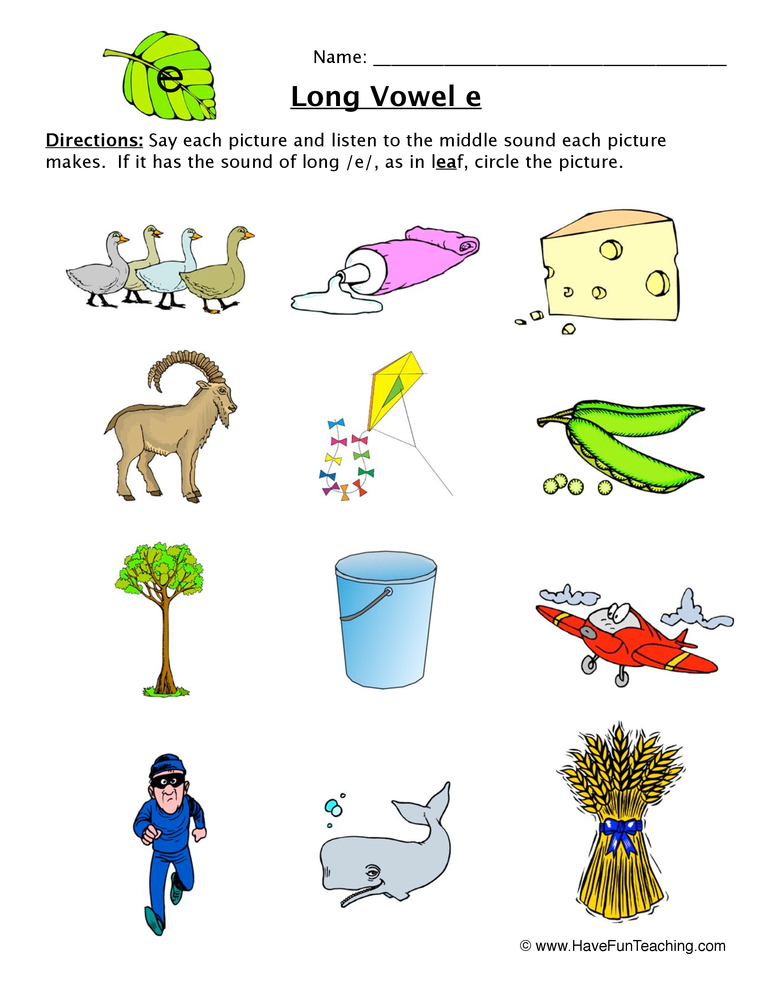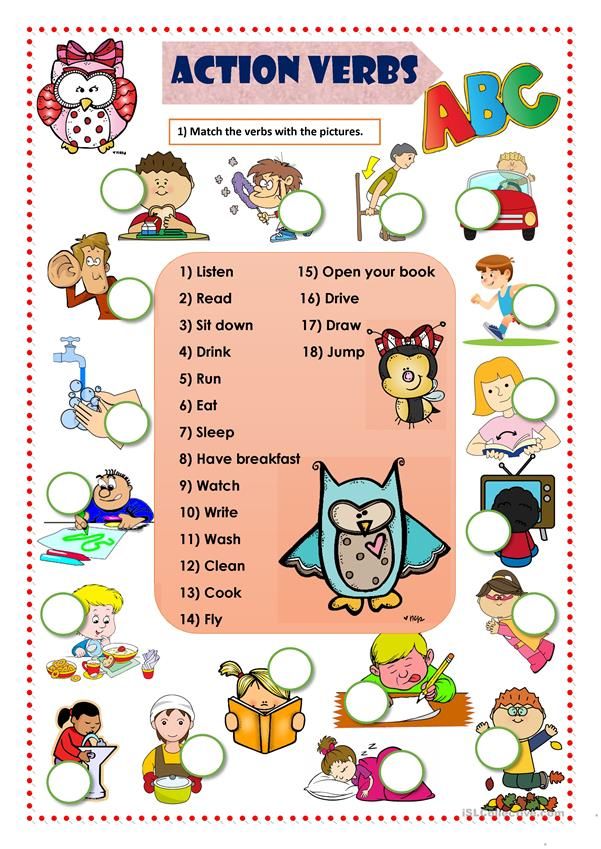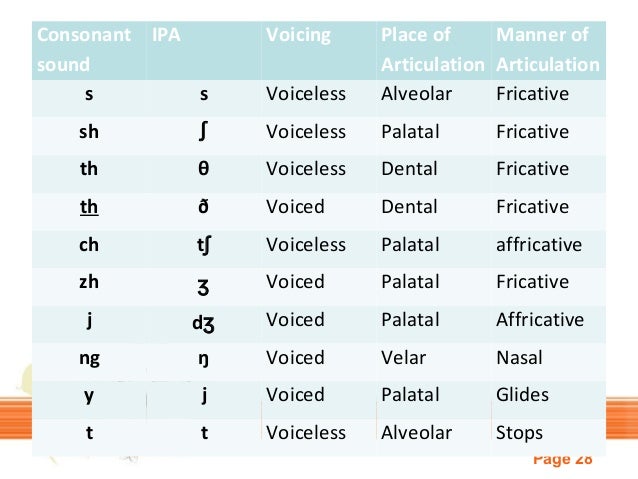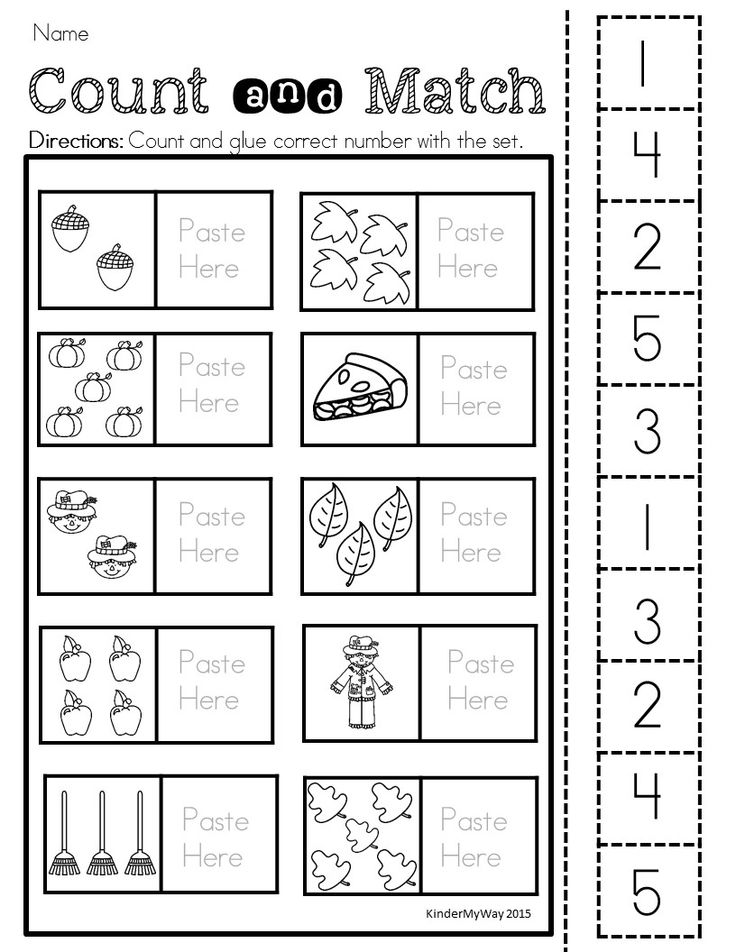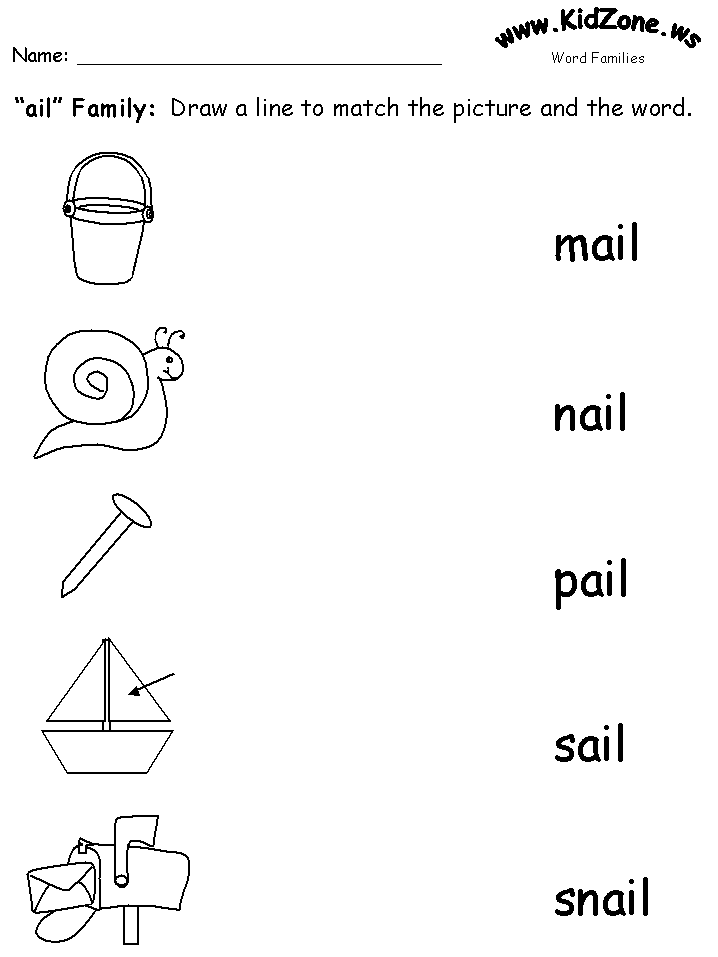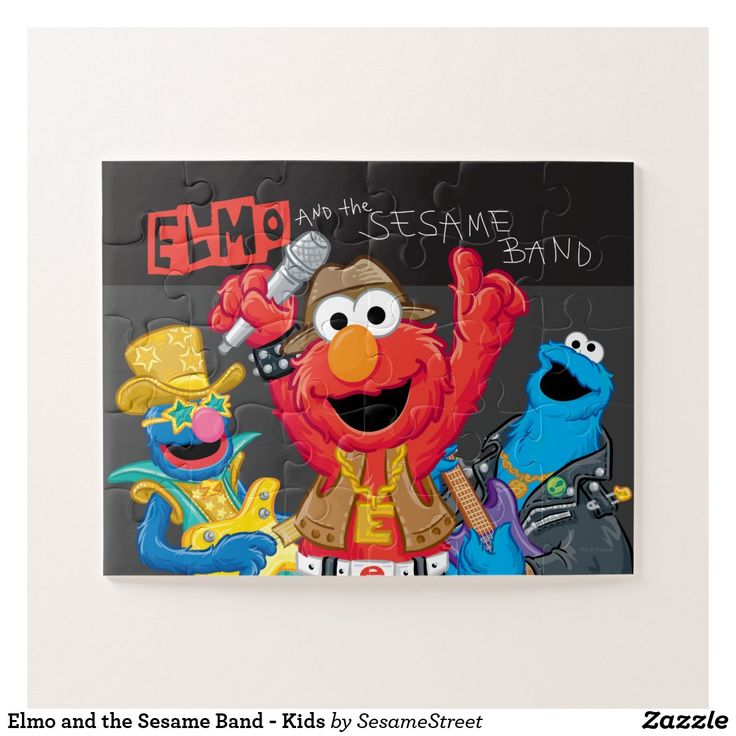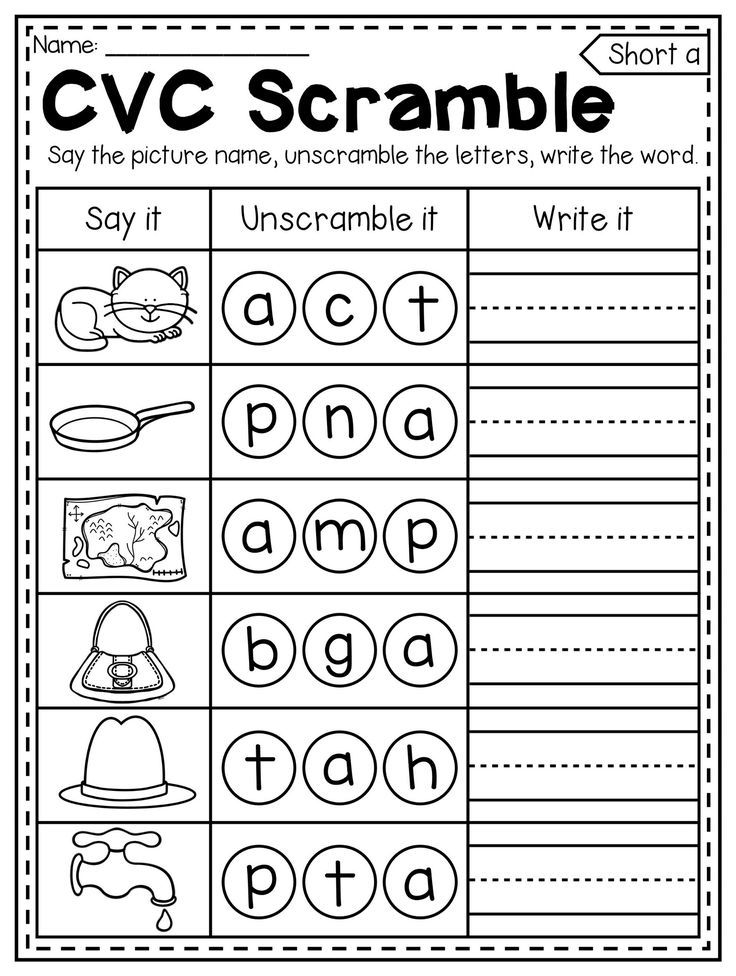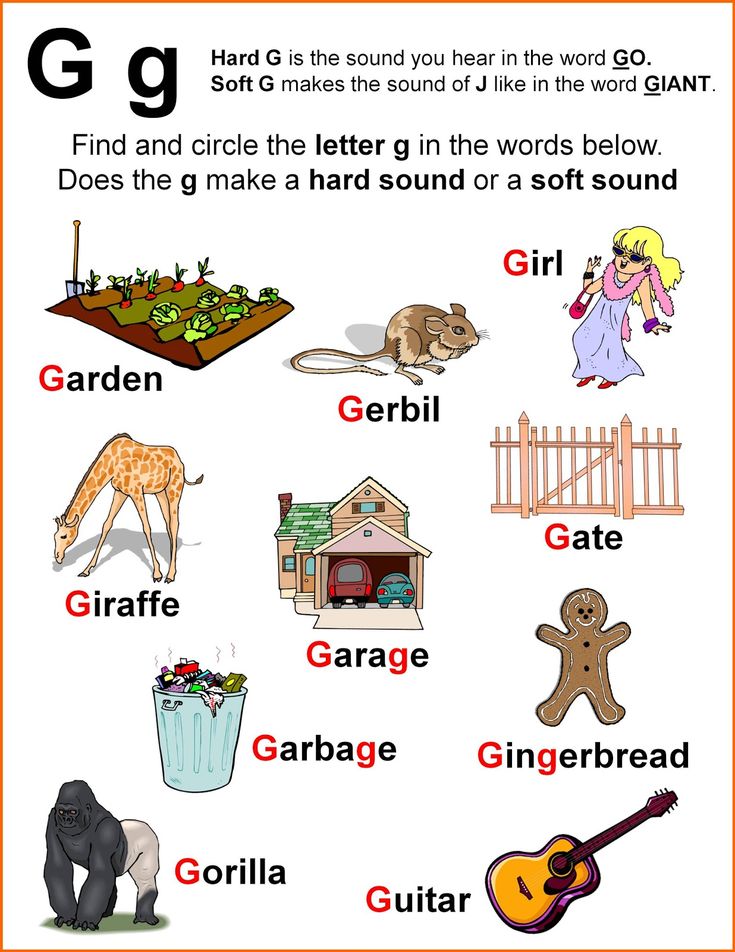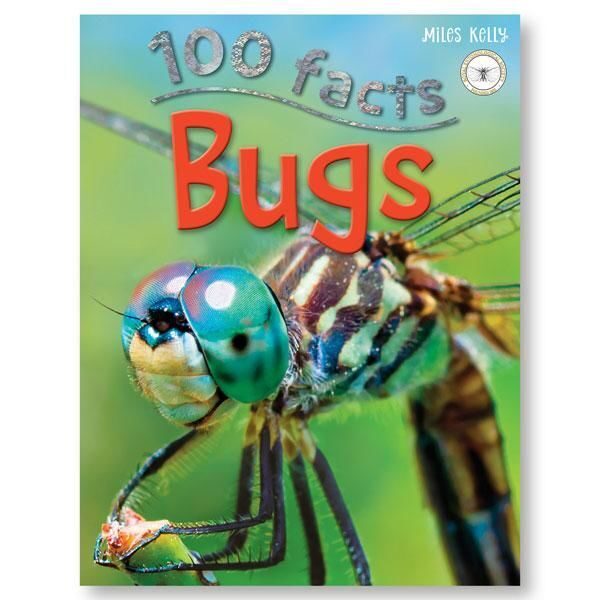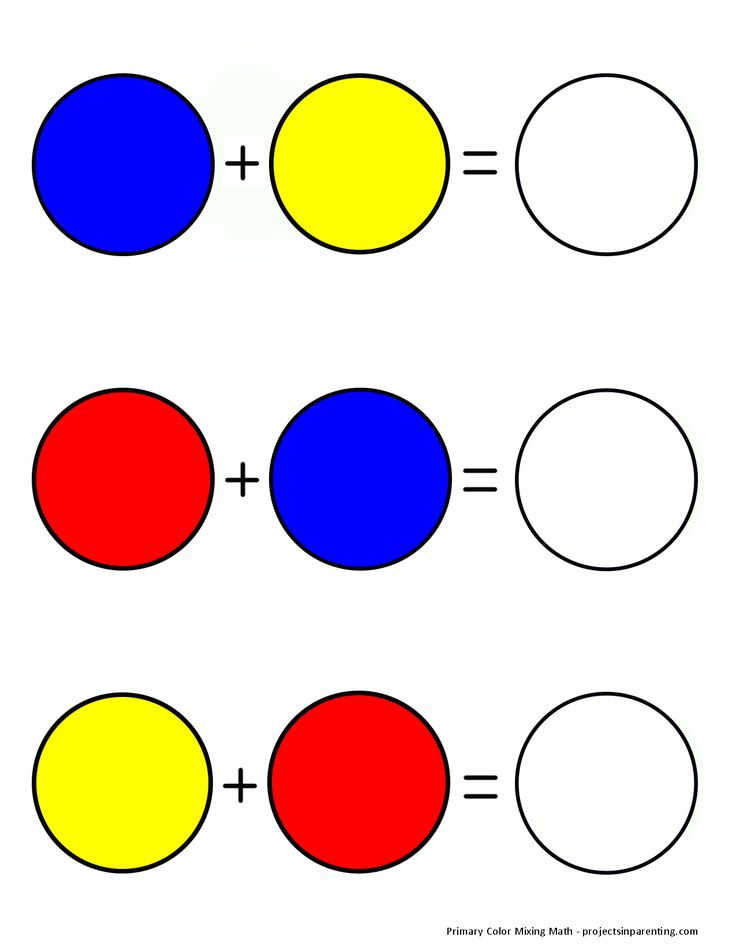What are open compound words
Open and Closed Compound Words: Common Examples and Rules for Spelling
by Yen Cabag | 23 comments
When reading or writing in English, you will notice that two or more words put together can mean a totally different thing.
For example, you may understand the words “old” and “school” when you encounter them separately, but when you put them together, you create a compound word that describes something traditional or old-fashioned.
Learning compound words is a great way to expand your vocabulary. In this post, we’ll explore some of the most common compound words in the English language, along with their meanings.
What Are Compound Words?
Compound words are words that are formed by connecting two or more words together to create a new meaning. They are written in three ways:
- Open compound words: These are spelled as two separate words.
- Closed compound words: These are joined together to form one word.
- Hyphenated compounds: These are two or more words connected by a hyphen.
The challenge is knowing how to spell the words that you need. One way is to simply memorize them, but there are also some qualities that can help you remember how to write them.
Open Compound Words
Open compound words are usually formed when a modifying adjective is attached to a noun, creating a new noun. Take note that it is not simply an adjective describing a noun in a sentence, but instead, the compound is taken as a whole new word.
For example, let’s take the noun school:
- high school: means a completely different thing than just an adjective describing a school;
- new school: is a description of a school that is new, not a compound word;
- old-school: this is a hyphenated compound word that describes something out-of-date, traditional, or old-fashioned (notice the two other hyphenated compound words in this sentence).
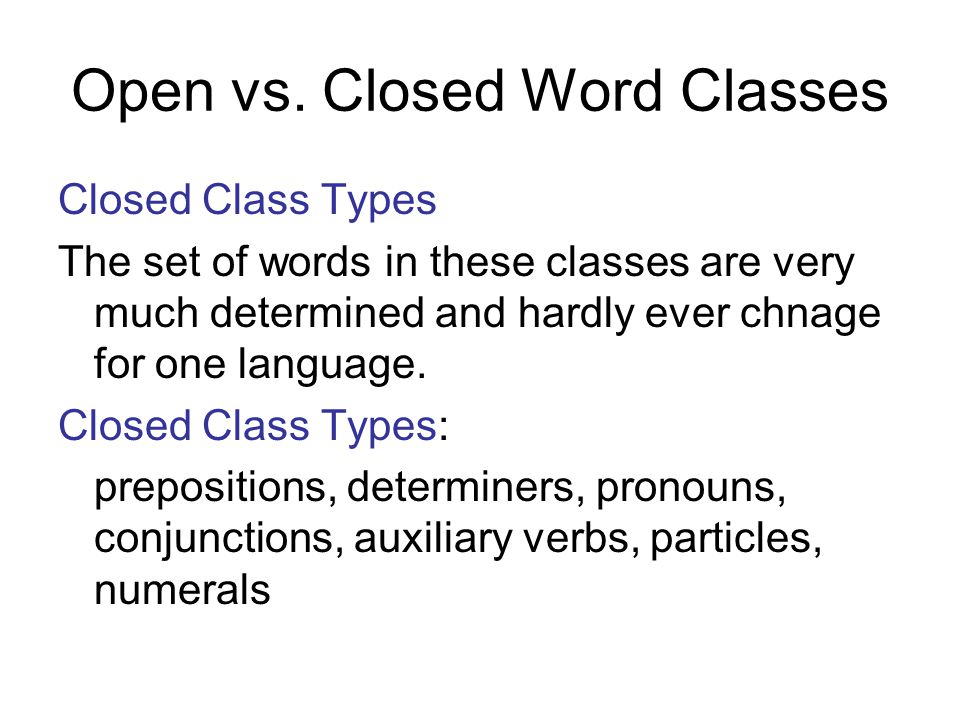
To form open compound words, we separate the modifying adjective from the noun with a space.
For example:
- dining room
- living room
- new moon
- real estate
- coffee table
- paperback book
- racing car
- mountain bike
- jogging pants
- P.E. uniform
- foster mom
- high school
- school bus
- ice cream
- cream cheese
Open compound words are also formed when an adverb ending in -ly is combined with another word:
- newly discovered
- highly contagious
Closed Compound Words
Closed compound words are two or more words that are joined together as one word. Initially, they may not have been joined together, but over time, many of them have come to be accepted as “real words” in English.
For example:
- notebook
- moviegoer
- sunflower
- makeup
- haircut
- newspaper
Hyphenated Compound Words
Compound adjectives are the ones that usually come with hyphens. But remember, you only hyphenate them when they come before the noun they modify. If they appear after the noun in the sentence, remove the hyphens.
But remember, you only hyphenate them when they come before the noun they modify. If they appear after the noun in the sentence, remove the hyphens.
For example:
- That was a well-thought-out plan.
- The plan was well thought out.
- He made sure to make politically-correct statements.
- His statements were all politically correct.
Compound nouns that come with hyphens include:
- mother-in-law
- father-in-law
- sister-in-law
- brother-in-law
- attorney-in-fact
How to Spell Compound Words
The best way to learn how to spell compound words is to memorize them, or consult a dictionary. Here is a list of some of the most common compound words and their spellings:
Family members
- stepfather
- stepmother
- stepbrother
- stepsister
- grandfather
- grandmother
- great grandfather
- great grandmother
- mother-in-law
- father-in-law
- sister-in-law
- brother-in-law
Parts of the Home
- living room
- bedroom
- dining room
- bookshelf
- bedside
- nightstand
- cupboard
- bathroom
- sunroof
- teaspoon
- tablespoon
- teacup
- coffee mug
- shot glass
Body Parts
- armpit
- shoulder blade
- backbone
- eyelashes
- eyebrows
- earlobes
- fingernail
- toenail
People and Their Professions
- policeman
- chairman
- fireman
- stuntman
- busboy
- cabdriver
- caveman
- fisherman
- cowherd
- cowboy
- mailman
- milkman
- taxpayer
- teammate
- waterboy
Clothes
- bathrobe
- business suit
- wedding dress
- nightgown
- tennis shoes
- rubber shoes
Vehicles and Related Words
- airplane
- airport
- jet plane
- spaceship
- mountain bike
- race car
Food and Related Items
- ice cream
- ice cream cone
- snow cone
- white wine
- red wine
- milkshake
- cheesecake
- apple pie
- pancake
- French fries
- hamburger
- chocolate chip cookies
- custard cake
- hotdog
- watermelon
- pineapple
- Tupperware
- strawberry
- blueberry
- blackberry
- meatloaf
- grilled cheese sandwich
Business Establishments
- supermarket
- grocery store
- convenience store
- bookstore
- car rental
- online store
- barber shop
- hair salon
Animals and Insects
- butterfly
- dragonfly
- firefly
- praying mantis
- grasshopper
- angler fish
- Persian cat
- golden retriever
- German shepherd
- cocker spaniel
- Yorkshire terrier
- catfish
- stingray
- goldfish
- sunbird
- tailorbird
- kingfisher
- starfish
- jellyfish
- brittle star
- hermit crab
Games
- baseball
- basketball
- football
- volleyball
- pickleball
- table tennis
- lawn tennis
- tennis racket
- badminton racket
- softball
- video game
- virtual reality
- golf cart
- golf balls
- baseball mitt
- baseball bat
- Chinese checkers
Spelling Open and Closed Compound Words
Familiarize yourself with the correct spelling of compound words so you will always know whether to spell them as one word, separate words, or hyphenated words.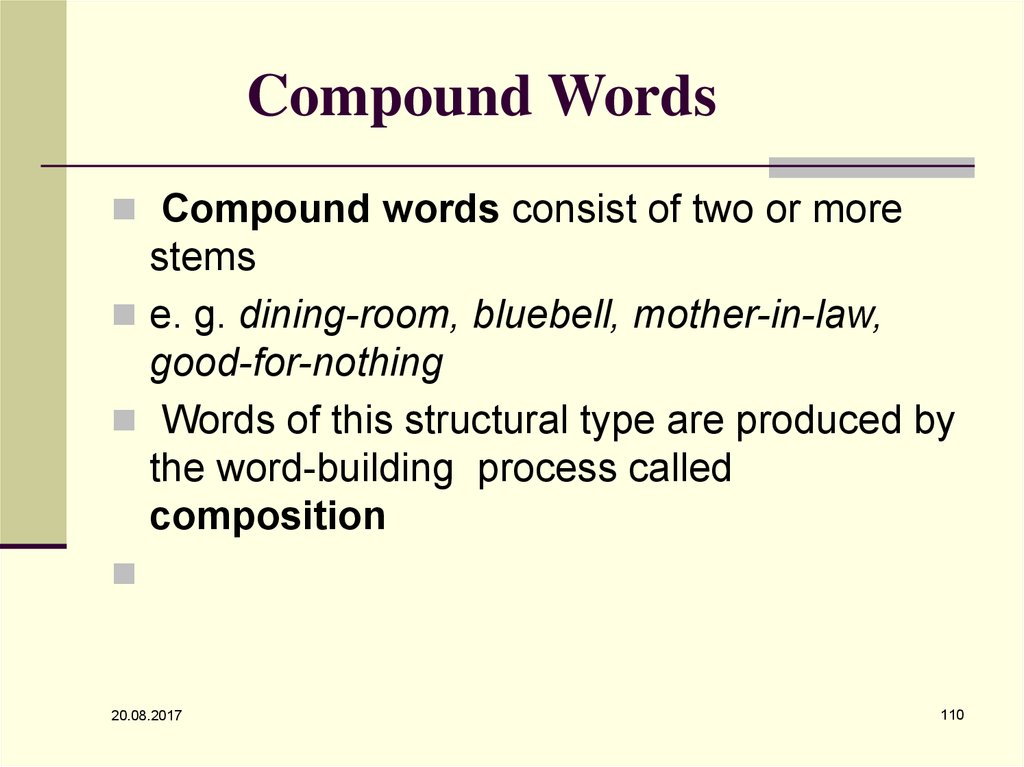
If you’re uncertain, always consult a dictionary, style guide, or a trusted Internet source.
Did you find this post helpful? Let us know in the comments below!
If you enjoyed this post, then you might also like:
- How to Study for a Spelling Test: 8 Tips for Better Results
- American vs. British Spelling: Orthography and Alternate Spellings of Common Words
- How to Spell Better Using the Secrets of Spelling Bee Winners
- Irregular Plural Nouns Explained: Rules and Examples
Yen Cabag
Yen Cabag is the Blog Writer of TCK Publishing. She is also a homeschooling mom, family coach, and speaker for the Charlotte Mason method, an educational philosophy that places great emphasis on classic literature and the masterpieces in art and music. She has also written several books, both fiction and nonfiction. Her passion is to see the next generation of children become lovers of reading and learning in the midst of short attention spans.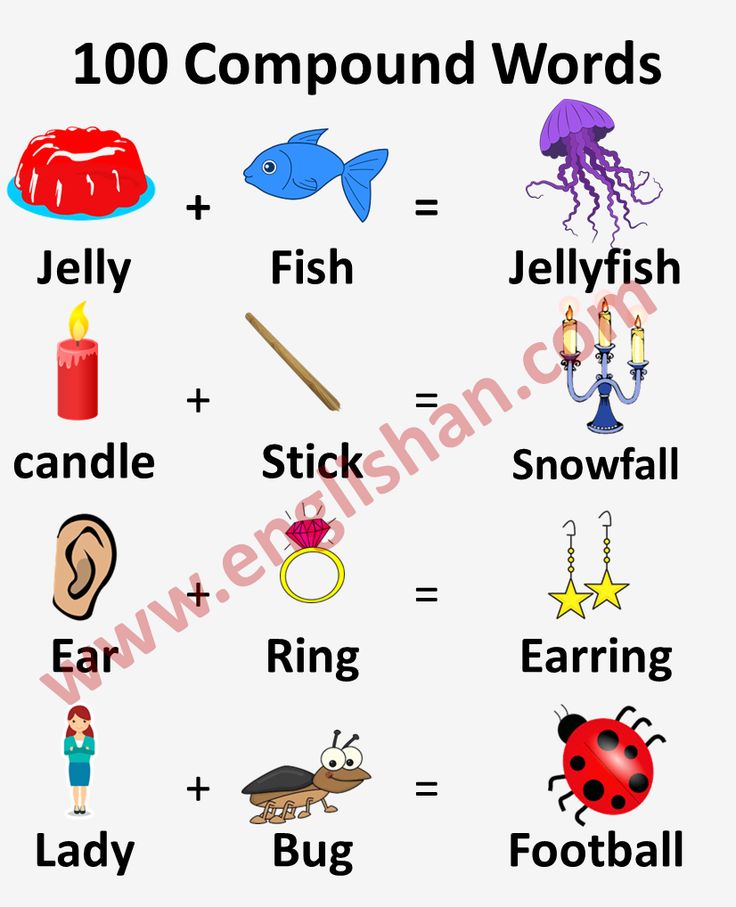
What is an Open Compound Word? - Definition & Examples - Video & Lesson Transcript
English Courses / 12th Grade English: Homework Help Resource Course / Elements of Grammar: Homework Help Chapter
Instructor: Lindsy FrazerShow bio
Dr. Frazer has taught several college level Science courses and has a master's degree in Human Biology and a PhD in Library and Information Science.
Besides being delicious, french fries and ice cream are also open compound words. Learn about the meaning of open compound words and look at examples. Updated: 01/03/2022
Compound Words
When you hear the word 'hot dog' what comes to mind? You probably think about a food served on a bun and not your pet baking in the sun! Even though the words 'hot' and 'dog' have their own meanings, when we say these words together they take on a new and different meaning: a food served at most barbeques.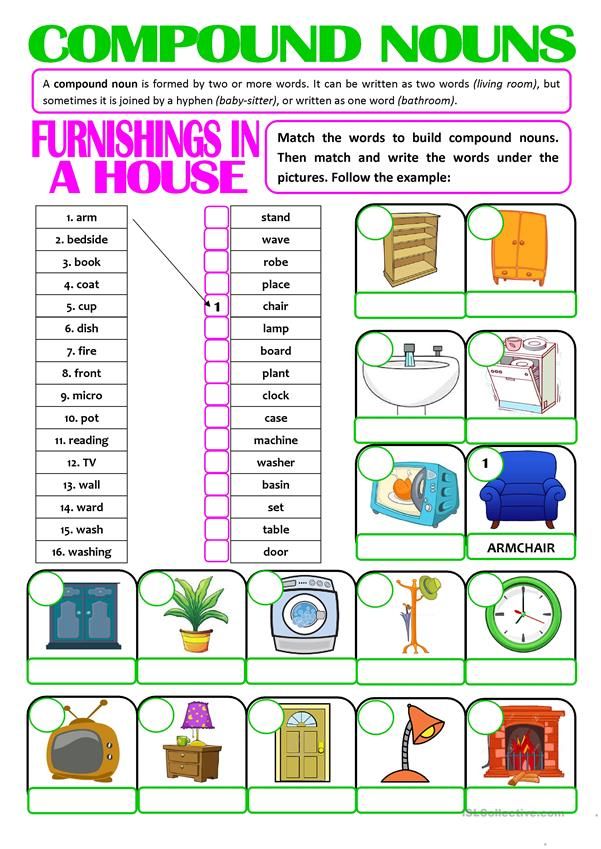 That's because 'hot dog' is a compound word.
That's because 'hot dog' is a compound word.
Compound words are two or more words combined to form a new word with its own, unique meaning. When we think about compound words, we usually think of words like breakfast, bedtime or airplane. These compound words are formed by combining two smaller words into one larger word.
An error occurred trying to load this video.
Try refreshing the page, or contact customer support.
You must cCreate an account to continue watching
Register to view this lesson
Are you a student or a teacher?
Create Your Account To Continue Watching
As a member, you'll also get unlimited access to over 84,000 lessons in math, English, science, history, and more. Plus, get practice tests, quizzes, and personalized coaching to help you succeed.
Get unlimited access to over 84,000 lessons.
Try it now
It only takes a few minutes to setup and you can cancel any time.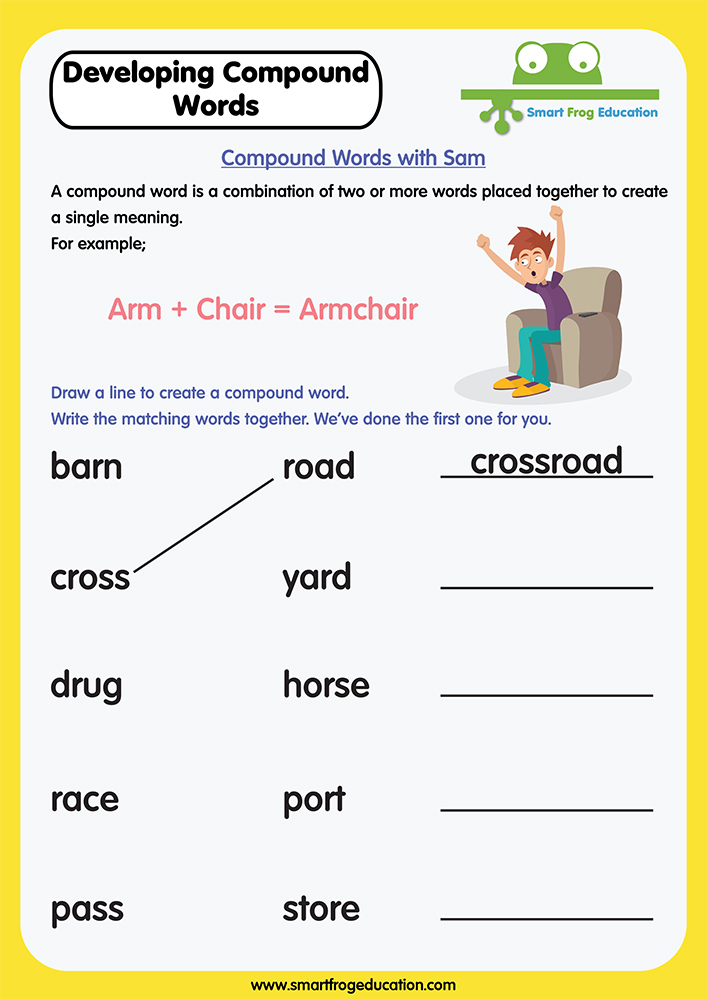
Already registered? Log in here for access
Back
Resources created by teachers for teachers
Over 30,000 video lessons & teaching resources‐all in one place.
Video lessons
Quizzes & Worksheets
Classroom Integration
Lesson Plans
I would definitely recommend Study.com to my colleagues. It’s like a teacher waved a magic wand and did the work for me. I feel like it’s a lifeline.
Jennifer B.
Teacher
Try it now
Back
Coming up next: Hyphenated Compound Words & Examples
Take Quiz Watch Next Lesson
Replay
Just checking in. Are you still watching?
Yes! Keep playing.Your next lesson will play in 10 seconds
- 0:00 Compound Words
- 0:43 Open Compound Words
- 1:09 Examples
- 2:30 Lesson Summary
Save Save Save
Timeline
Autoplay
Autoplay
Speed
Speed
Open Compound Words
By now I'm sure you have noticed that 'hot dog' doesn't quite look like those other compound words.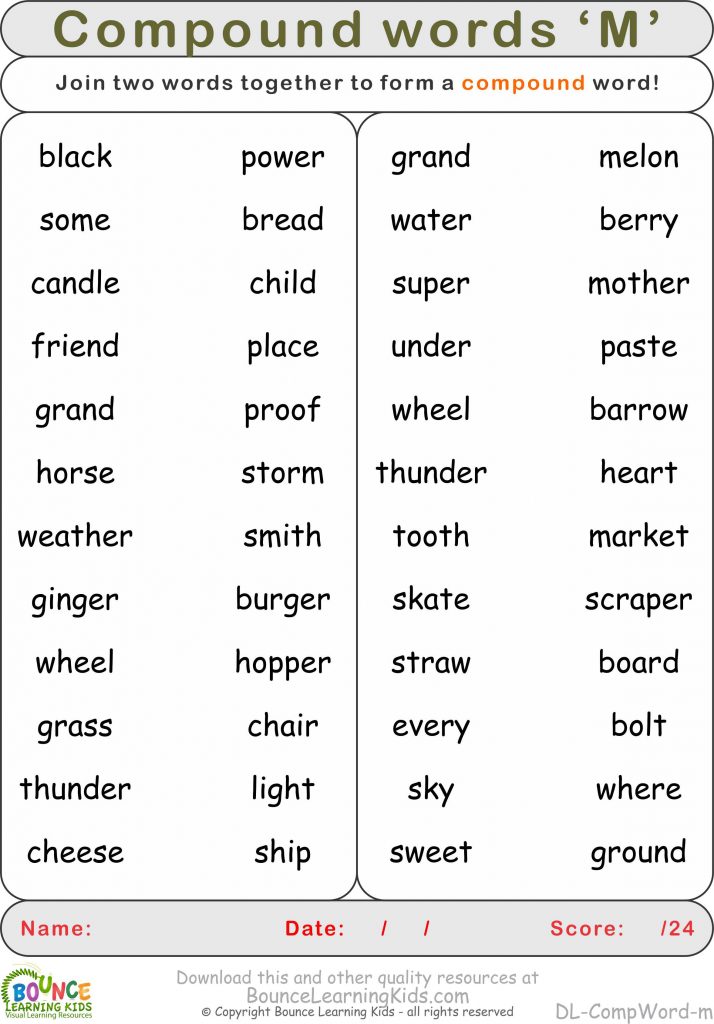 That's because hot dog is a specific type of compound word called an open compound word.
That's because hot dog is a specific type of compound word called an open compound word.
Open compound words are compound words written as two separate words but said together as one word with its own meaning. In other terms, a compound word is made up of two or more words that are written separately, meaning they have a space between them.
Examples
Now let's look at some sentences using open compound words.
- To satisfy my sweet tooth, I ate a banana split.
Can you spot the two open compound words in this sentence? 'Sweet tooth' and 'banana split' are both open compound words, because their parts are separated by a space but when the parts are read together they take on a larger meaning.
'Sweet' by itself means sugary, but when it is combined with 'tooth', the word for the body parts in your mouth used for chewing, it expresses the idea of craving sugary foods.
'Banana' means a yellow fruit in a peel, and 'split' means to tear apart, but when you combine these words, you're talking about an ice cream dish made with bananas, whipped cream, nuts, and cherries.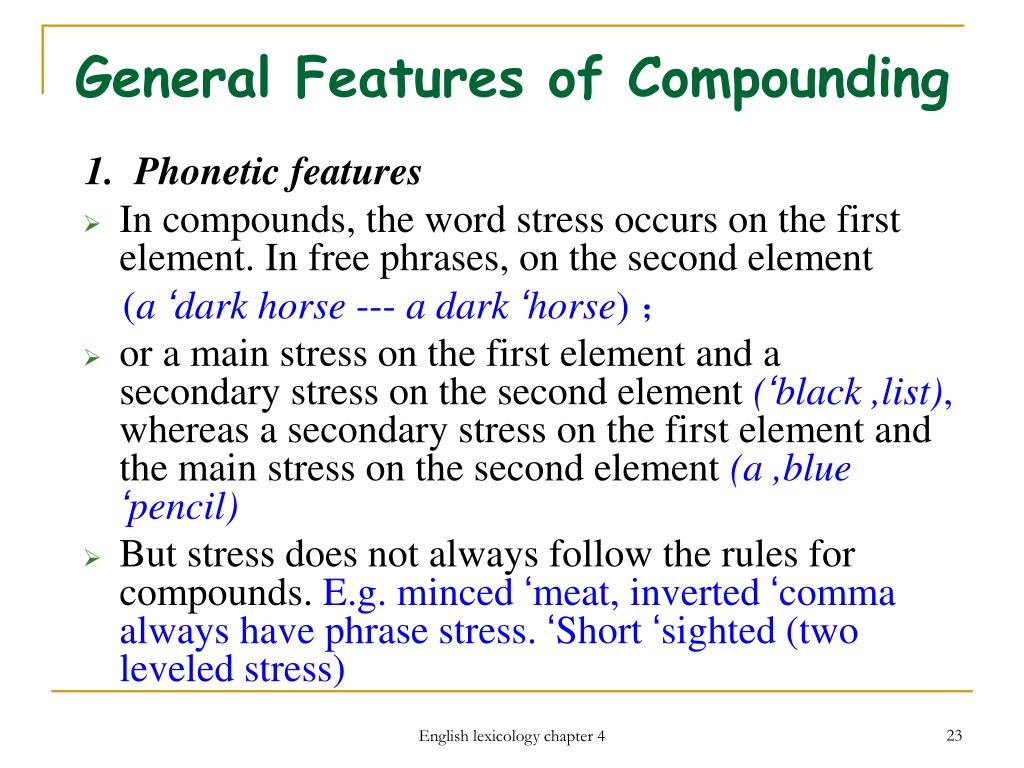
Let's look at another sentence.
- Did you see the full moon last night?
'Full moon' is an open compound word. By itself, the word 'full' means complete and the word 'moon' means the object that revolves around the Earth. When you use these words together, you get an open compound word that means a specific phase of the moon, when the entire moon is lit up against the night sky.
Now let's try one final example sentence using an open compound word.
- The space shuttle landed safely on Mars.
'Space shuttle' is an open compound word that means a rocket-powered vehicle used to travel outside of the planet Earth.
Lesson Summary
Compound words are two or more words combined to form a new word with its own, unique meaning. One type of compound word is an open compound word, a compound word made of two or more words that are written separately and have a space between them, but when the words are said together, they take on a new meaning.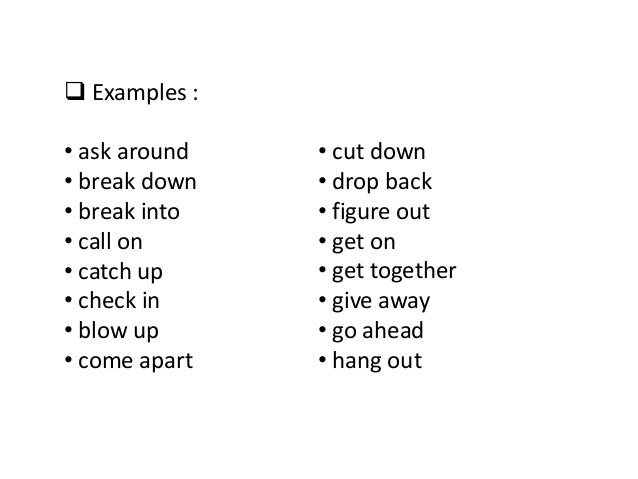
To unlock this lesson you must be a Study.com Member.
Create your account
Register to view this lesson
Are you a student or a teacher?
Unlock Your Education
See for yourself why 30 million people use Study.com
Become a Study.com member and start learning now.
Become a Member
Already a member? Log In
Back
Resources created by teachers for teachers
Over 30,000 video lessons & teaching resources‐all in one place.
Video lessons
Quizzes & Worksheets
Classroom Integration
Lesson Plans
I would definitely recommend Study.com to my colleagues. It’s like a teacher waved a magic wand and did the work for me. I feel like it’s a lifeline.
Jennifer B.
Teacher
Try it now
Back
Personal website - Writing complex words for BT-5.

Compound words we call words consisting of various combinations of various simple, complex syllables and single letters.
When writing words consisting of two syllables with stress on the first syllable, you must remember that the post-stressed syllable must always be omitted0003
With this action, we show that our stressed syllable is the first syllable, which is written according to the Rule BT - 5, and the second syllable is omitted UNDER line, because he is post-impact.
But, according to our methodology, we write the unstressed vowels of the post-stressed syllable in their "sign" version.
When writing words consisting of two simple open syllables with an accent on the second syllable, according to our method, we write both syllables according to the BT-5 Rule, remembering that of two adjacent syllables STICK is always is the second syllable.

When writing words of this type, it is very important to remember that in shorthand it is very desirable to learn how to translate three-syllable words into words consisting of two syllables. This translation is possible by skipping one unstressed vowel.
For example: the word "zO-lo-to", given that the stress falls on the first syllable, can be written as follows: "zO-lo-to".
Both syllables are written according to the BT Rule with the stress mark placed on the stressed syllable.
When writing this type of words, we write the first two syllables according to the BT Rule, and omit the post-stressed syllable UNDER the line, writing its vowel in the "icon" version.
When writing this type of word, it is desirable for us to translate a three-syllable word into a two-syllable word by skipping an unstressed vowel.
For example: the word "be-gu-di", given that the stress falls on the last syllable, we can write: "beg-di".
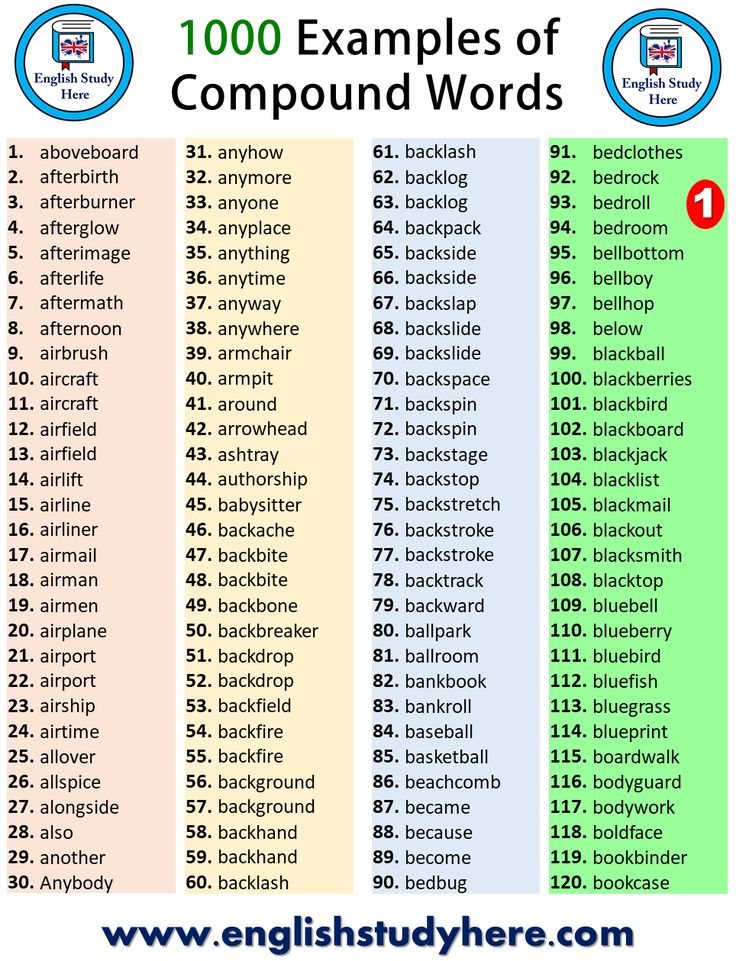
When writing this type of words , we write the first stressed simple closed syllable according to our own rules with omission UNDER the line of the final consonant, and then we also completely omit the second post-stressed simple closed syllable UNDER line, while its vowel is written in the "icon" version.
Note: When writing this type of words, we can write both simple closed syllables according to the Rule BT - 5, dropping UNDER the line of final consonants of both syllables.
Note: With such a notation, we violate the principle of stress, but by placing the stress sign OVER the stressed syllable, we return to the stressed writing principle.
When writing words of this type, we write both syllables according to the BT-5 Rule, remembering that of the two adjacent syllables, the STOP syllable is always the second syllable.
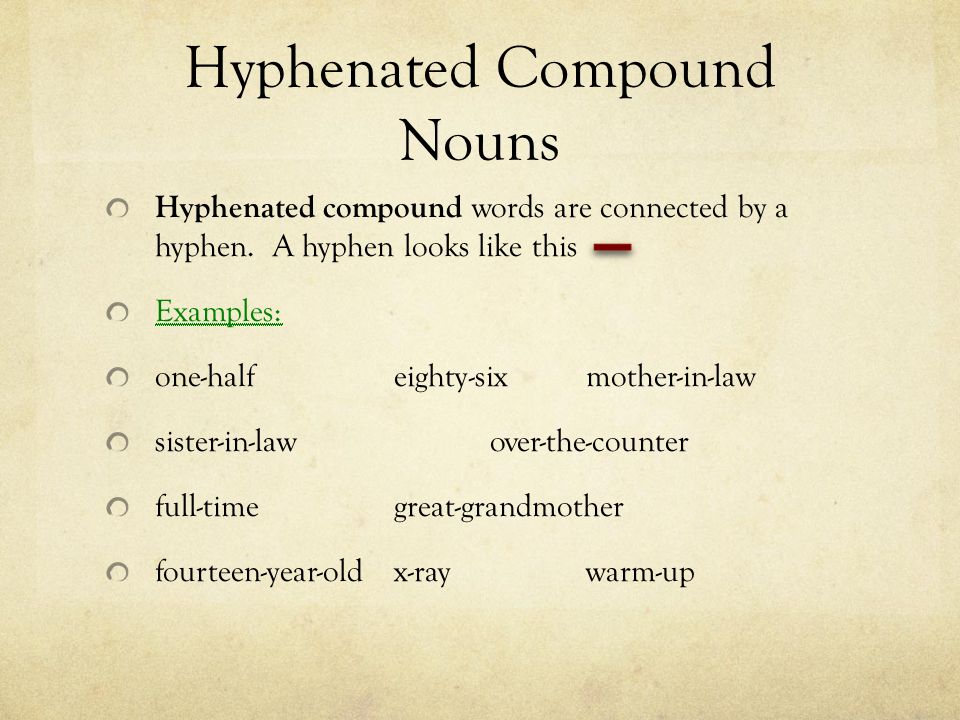
Note : When writing words of this type, it often becomes possible to replace the prestressed part of the word with a symbol.
See section "Some Shortcuts for Shorter Writing of Words".
We write the stressed syllable according to the BT-5 rule, and we completely omit the post-stressed syllable UNDER with the writing of its vowel in the "icon" version.
According to our methodology, we write both syllables according to the BT-5 Rule, remembering that of the two adjacent syllables, the STOP is always the second syllable.
When writing this type of words, it is always possible to replace the pre-stressed part of the word with a symbol:
See section "Some Shortcuts for Shorter Writing of Words".
We write the stressed syllable according to the rule BT-5, and the next syllable we omit the UNDER line with the recording of its vowel in the "sign" version.
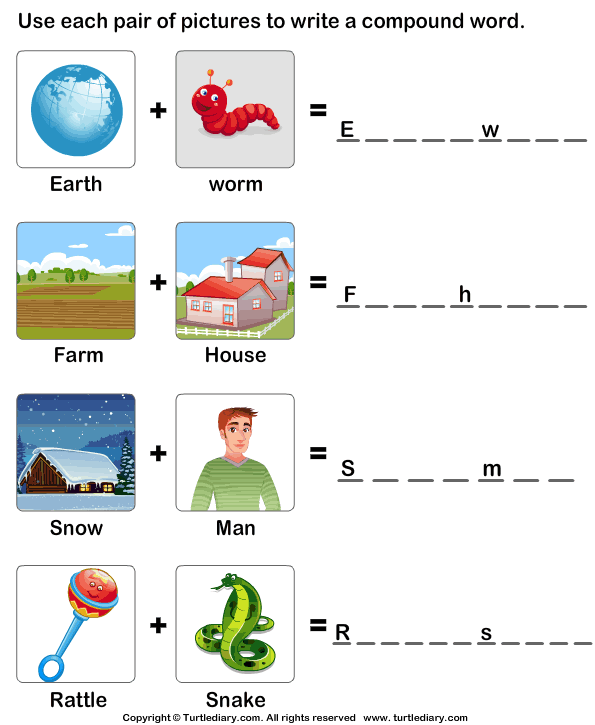
Note: We can write both syllables according to Rule BT-5.
Note: With this writing of words, we violate the stress principle, but by placing the stress sign OVER the stressed syllable, we return to the stress principle.
Such an entry has the right to exist.
According to our methodology, we write both syllables according to the BT-5 Rule, remembering that of the two adjacent syllables, the STRESS is always the second syllable.
When writing this type of words, and there are a lot of such words in Russian, we have several options
.Consider them:
1. Two pre-stressed simple open syllables are written according to Rule BT-5 with the designation of the vowel of the second syllable by the "icon" variant, and the simple closed stressed syllable is 9We will also write 0005 according to Rule BT-5.
2.
 This option is more related to the SPECIAL course "BT-5 Shorthand". It lies in the fact that if we skip one vowel letter of the second simple open syllable, then instead of TWO simple open syllables we get only ONE simple closed syllable, which we write according to the Rule BT-5 with the lowering UNDER the line of its capital consonant.
This option is more related to the SPECIAL course "BT-5 Shorthand". It lies in the fact that if we skip one vowel letter of the second simple open syllable, then instead of TWO simple open syllables we get only ONE simple closed syllable, which we write according to the Rule BT-5 with the lowering UNDER the line of its capital consonant. The same group of words should also include two-root words with connecting "O" and "E". We skip these connecting vowels.
Note: When writing this type of words, we have the ability to replace the prestressed part of the word with a conventional designation.
See section: "Special Shorthand Techniques for Shorter Writing of Words".
Compound words consisting of simple reverse and simple closed syllables with stress on the second syllable.
When writing this type of words, we write a simple reverse syllable according to the BT-5 Rule, and we omit a simple open syllable UNDER the line with its vowel written in the "icon" version.
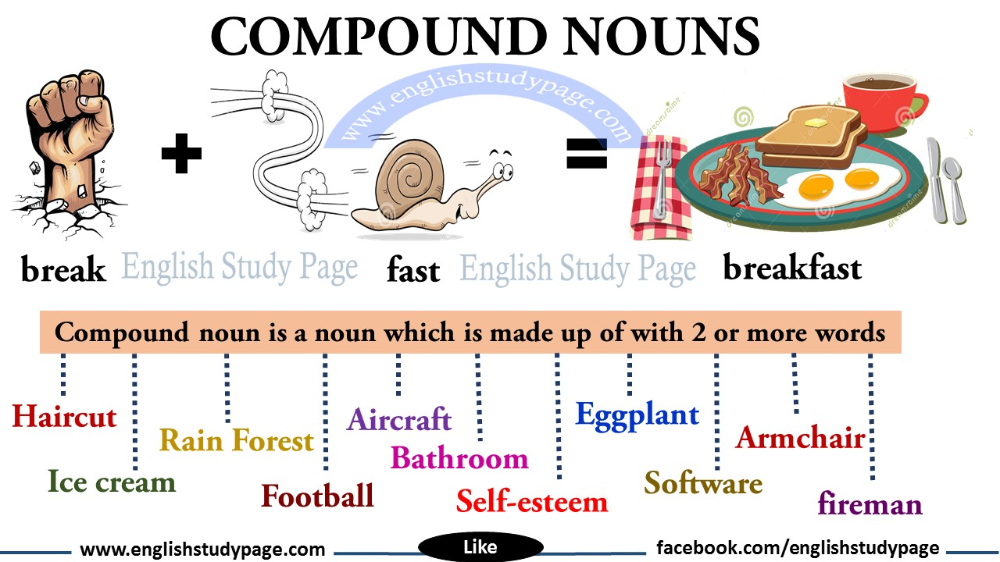
Both syllables are written according to Rule BT-5. Of two adjacent syllables, the stressed syllable is always the second syllable.
When writing this type of syllable, we write the simple stressed syllable ON the line, and omit the simple reverse syllable UNDER the line:
Both syllables are written according to Rule BT-5. Of two adjacent syllables, the stressed syllable is always the second syllable.
Both syllables are written according to Rule BT-5. Of two adjacent syllables, the stressed syllable is always the second syllable.
When writing this type of word, it is necessary to skip the unstressed vowel of the second simple open syllable. The resulting simple closed syllable is written according to Rule BT-5. Then the reverse syllable is written.
When writing this type of word-lonely, due to the fact that it is shock,
is recorded on line, and the post-minute open open syllable is lowered under . "icon" option.
"icon" option.
Complex words consisting of a glazed linque and a simple open syllable with stress on an open syllable.
When writing this type of words, an unstressed vowel is written
ON the line with the "icon" option, and the stressed simple open syllable according to the rule BT-5.Of two adjacent syllables (in this case, a single vowel and a syllable), the second syllable is always stressed.
When writing this type of words, the stressed single vowel is written
ON line , and the post-stressed simple closed syllable is completely omitted UNDER a line with the entry of its vowel letter in the "icon" version.
Note: Words of this type can be written in violation of the principle of stress and writing a post-stress syllable according to Rule BT-5.
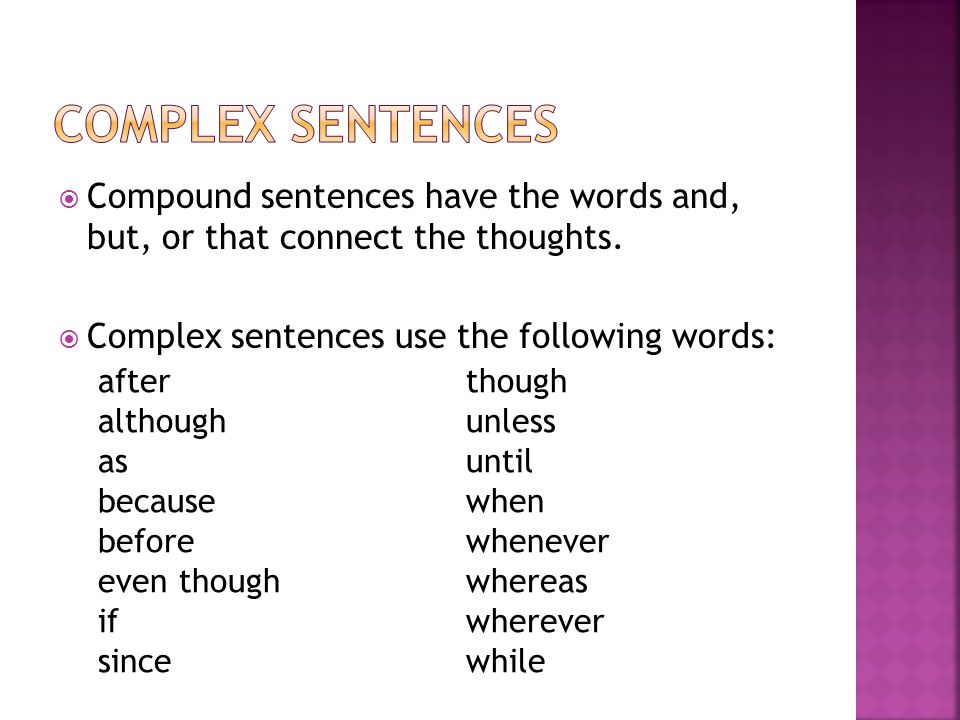
The single vowel is written
ON line , and a simple closed syllable - according to the BT rule - line 5 , with the omission of its final consonant 900 900.5 900.5When writing this type of words, the pre-stressed simple closed syllable is written according to the BT-5 rule, and then
ON the single stressed vowel is written.bel-Yo
When writing this type of words, a simple open syllable is written
according to the rule BT - 5, and then the vowel - single ON line.When writing this type of words, a simple open syllable is written
according to the BT rule - 5.The single vowel is written
ON line .
Compound phrases in Russian
Contents
- How to learn to pronounce difficult words
- What are compound words and what are they for
- What are difficult words for 0355
- How to learn how to pronounce difficult words
- List of difficult words in Russian
- Book of Records Ginnesa
- Grammar Dictionary of the Russian Language A.
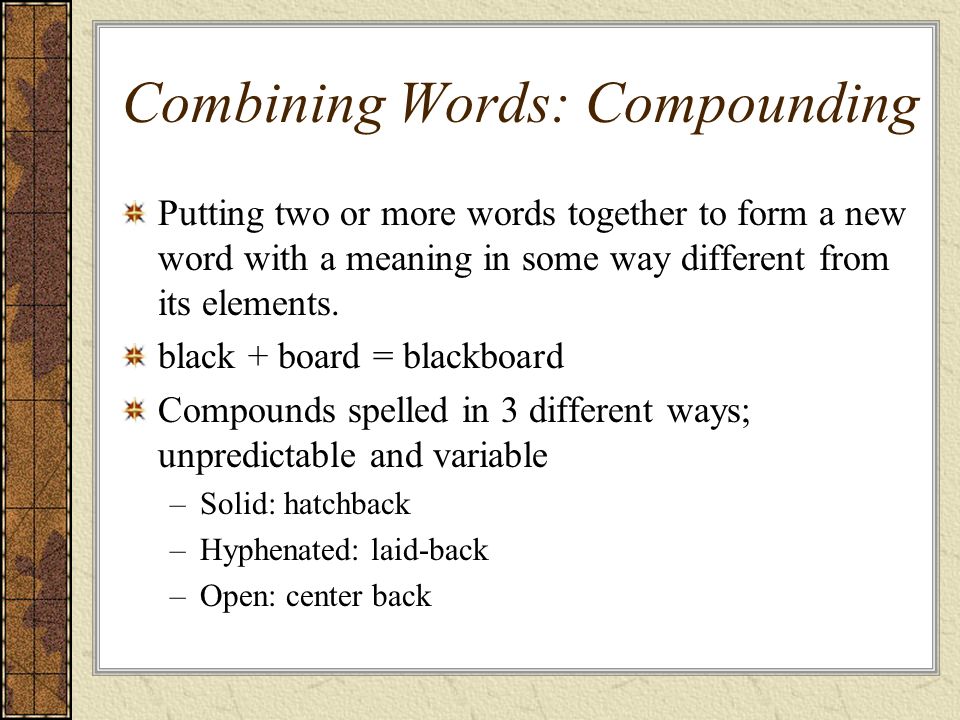 A. Zaliznyak
A. Zaliznyak - Spelling of the Russian Academy of Sciences
- How to make complicated words 9
- Working with tongue twisters
- Complex phrases
- Why train salespeople to speak
- Compound words
- There are a lot of tongue twisters in Russian. Here are a few examples:
- Hard-to-pronounce words
- 8 hard-to-pronounce Russian words that no foreigner can pronounce
- Hard-to-pronounce words: origin, education, record-breaking words
- What are hard-to-pronounce words
- What are the most difficult-to-pronounce words for
- words
- Is it possible to learn to pronounce complex words and how?
- 30 words that we pronounce incorrectly
- Borrowed words in Russian
- French words
- English words
- Relative words pronunciations
- Which words are difficult?
- How to work with compound words?
- What to do to make difficult words easy
- What is speech training and how it will help you become a good speaker
- Words that are difficult to speak
- Table of contents:
- cause for excitement and tension.
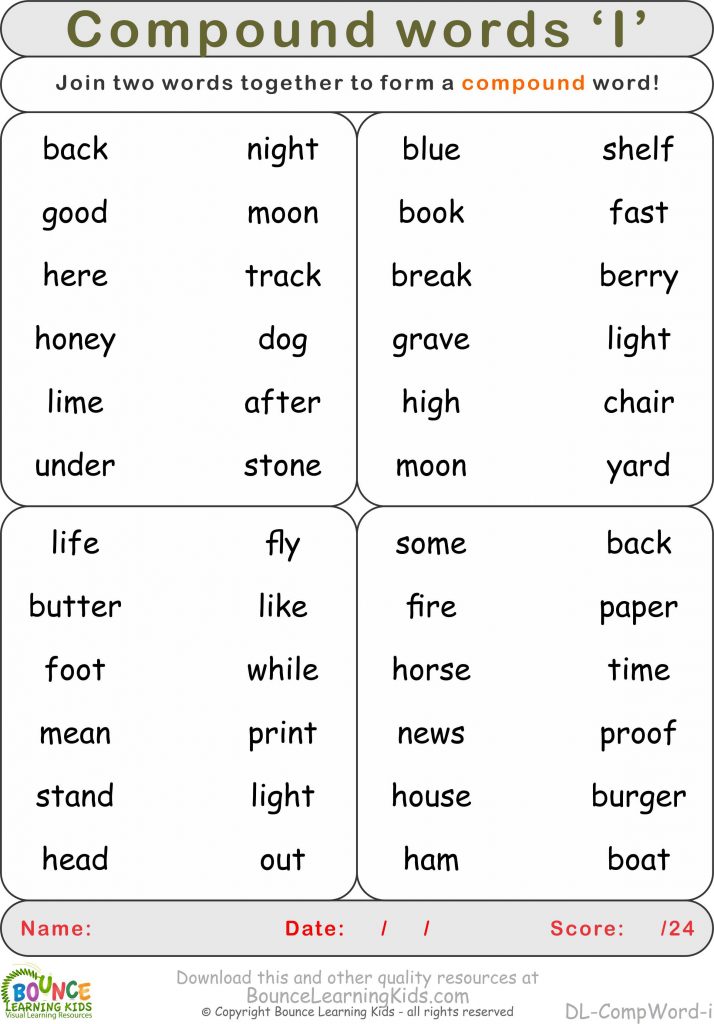 Words that are difficult to pronounce lead to “knocking down” the rhythm and “stumbling” during pronunciation. But it is impossible to do without complex words, therefore it is extremely important to write and pronounce them correctly.
Words that are difficult to pronounce lead to “knocking down” the rhythm and “stumbling” during pronunciation. But it is impossible to do without complex words, therefore it is extremely important to write and pronounce them correctly. For a confident, effective performance, you need to regularly practice complex pronunciation expressions. Then they will pass into the degree of ordinary ones, they will be easy to pronounce and will no longer bring problems.
What are compound words and what are they for
Compound words consist of two or more roots.
Examples of expressions that cause difficulties for speakers and announcers when pronouncing:
Why difficult words are needed
Many words that are difficult to pronounce have appeared in the Russian language. However, these words accurately and concisely convey the essence of the object or phenomenon in the name. Examples:
Compound words - special terms or concepts; the longest and most difficult to pronounce expressions in Russian.
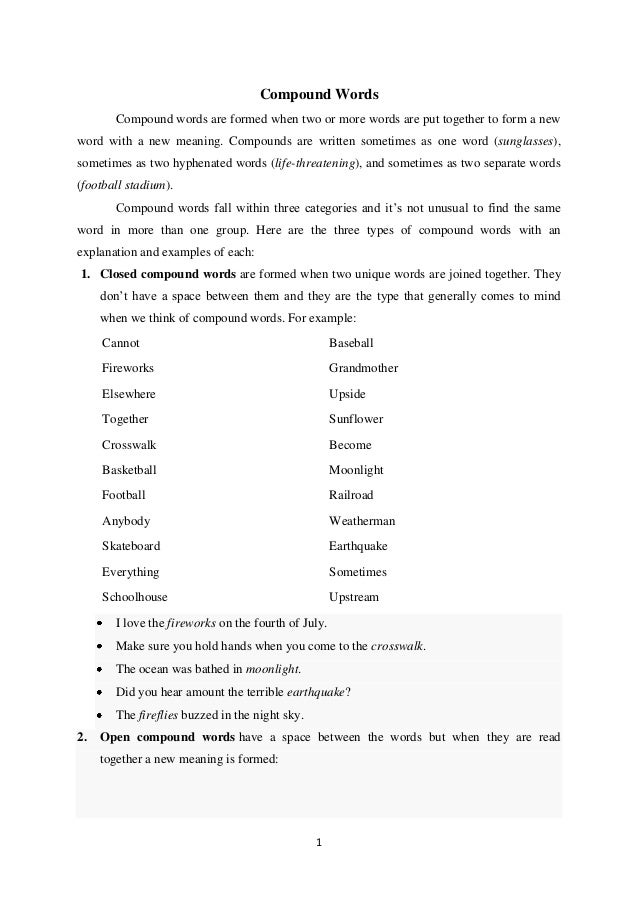
Examples of hard-to-pronounce words and phrases
A huge number of hard-to-pronounce words are chemical names. For example:
Difficult-to-pronounce terms are also found among commonly used words: superman, dance floor.
Complicated phrases are a means for improving pronunciation, developing the articulatory apparatus, helping to make pronunciation intelligible and distinct. Examples:
How to learn to pronounce difficult words and phrases
Speech imperfections can be easily corrected with patience. Complicated phrases are what you need to develop a clear, well-placed diction, a strong voice. In Russian there are tongue twisters intended for these purposes. They are easy to remember, rhythmic. Compliance with the rhythm makes speech smooth, melodic, expressive. It is not necessary to pronounce tongue twisters as quickly as possible, it is enough to pronounce them clearly, correctly placing accents and observing the rhythm.
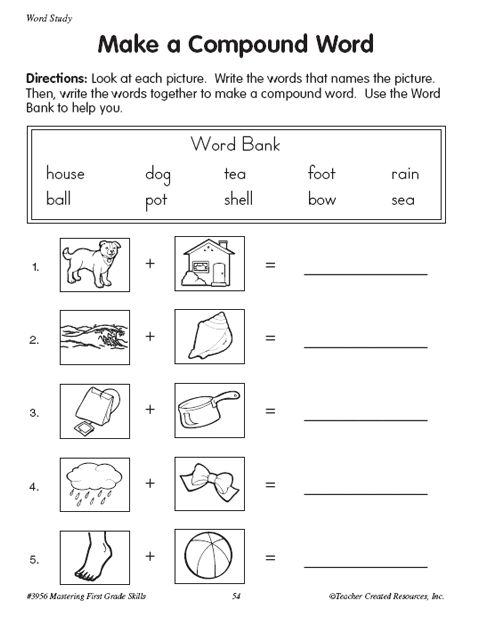
The only way to learn how to pronounce difficult phrases and words is to constantly practice pronunciation. Tongue twisters will be of invaluable help in this matter. You need to pronounce them with different intonations, changing your voice, tilting your head in different directions, pushing your tongue to your lips. You need to practice reading tongue twisters daily. Active training is recommended once every three days for 15 minutes.
Words that are impossible to pronounce and difficult to pronounce phrases are quite common in Russian and represent a problem for the speaker. Systematic training will help get rid of difficulties. Diction and oratory skills are the result of continuous work on oneself.
Source
Difficult to pronounce phrases
A very, very long time ago, more, Demosthenes lived in Ancient Greece, born with all sorts of speech defects and a very weak voice.
Thousands of years have passed since the birth and death of Demosthenes, but his name is still known and heard . Why is Demosthenes so distinguished that his name lives for such a huge period of time and, most likely, will live as long as humanity exists? It's hard to believe, but the weak-voiced boy, with speech defects, is remembered as one of the greatest orators of all time.
How could this happen, since it is known that a speaker must have a strong voice and clear speech? It's simple, Demosthenes managed to overcome his shortcomings and develop a powerful oratorical voice and a clear, delivered speech. Of course, there were no speech therapists then, and Demosthenes did everything on his own, through long and hard work.
In order to overcome his illness, Demosthenes put stones or shards into his mouth and began to make speeches. He did it on the seashore, when the waves were raging, drowning out his speech. The stones made it incredibly difficult to pronounce the words clearly and loudly, and the noise of the waves muffled the voice, but gradually it turned out better and better.
As a result, without stones, Demosthenes' voice sounded so great, his speech was so clear and understandable, that he was able to fulfill his dream and become the greatest orator.
The example of Demosthenes shows that practically any speech defects can be overcome, the voice can be made strong, and speech clear and delivered. But for this it is not at all necessary to fill your mouth with stones. Difficult-pronounceable phrases, that's what you need to gradually eliminate all problems with speech and voice, create clear and intelligible speech, because difficult-to-pronounce phrases, in fact, will become Demosthenes' shards and pebbles, which will interfere with speaking, about which the tongue will constantly stumble.
Complicated phrases tongue twisters
Complicated phrases are a mechanism for the development of the speech apparatus, which is able to eliminate speech defects, make speech intelligible and clear, and raise the voice.
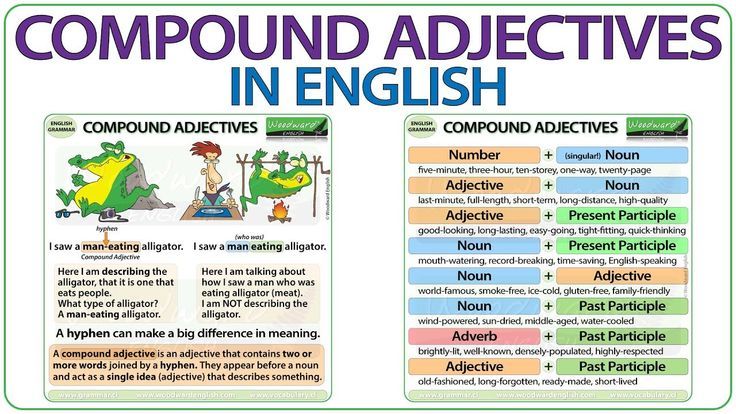 There are many complex words and phrases used for these purposes, but there is nothing better than tongue twisters, because they are easy to remember, have their own rhythm that must be observed, thereby not only allowing you to pronounce words more clearly, but also to do it much more melodicly, because the beauty of speech includes not only clarity, but also smoothness, expressiveness. There are people who speak clearly, but pronounce the words as if hammering nails, such speech is often rather unpleasant to listen to.
There are many complex words and phrases used for these purposes, but there is nothing better than tongue twisters, because they are easy to remember, have their own rhythm that must be observed, thereby not only allowing you to pronounce words more clearly, but also to do it much more melodicly, because the beauty of speech includes not only clarity, but also smoothness, expressiveness. There are people who speak clearly, but pronounce the words as if hammering nails, such speech is often rather unpleasant to listen to. Therefore, tongue twisters are the best way to make speech intelligible and beautiful.
However, there is a general misconception that tongue twisters should be pronounced as quickly as possible, but this is not so, tongue twisters must be pronounced clearly and distinctly, keeping time, placing accents, speed is by no means the main task here. Of course, ideally, tongue twisters are pronounced quite quickly, but fast does not mean in one breath and at maximum speed and swallowing half the letters.
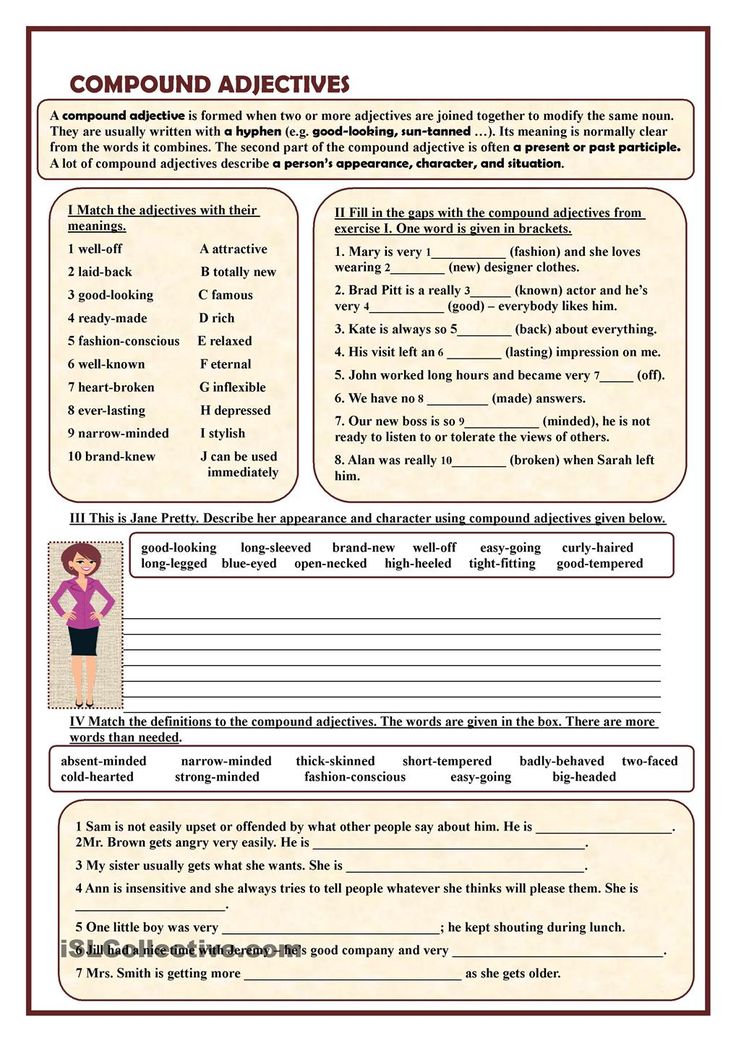
In order for tongue twisters to bring maximum effect, they need to be pronounced in different voices, intonations , complicate the process by tilting your head from side to side, pushing your tongue to your lips.
You need to read tongue twisters every day, but especially intensive classes can be done only once every 3 days, 10-15 minutes, uttering various difficult-to-pronounce phrases.
Complicated phrases words list examples
phrase for training, it will bring results in any case, another question is that not all tongue twisters can be offered to children.
Tongue twisters for everyone:
Funny tongue twisters for adults:
Examples of difficult to pronounce phrases can be seen on the video.
Complicated phrases in English
Of course, not everyone has problems with speech and diction , and not everyone dreams of the glory of Demosthenes, well, or just become an announcer on television or radio stations, many are more than satisfied with their speech without interfering with life and work.
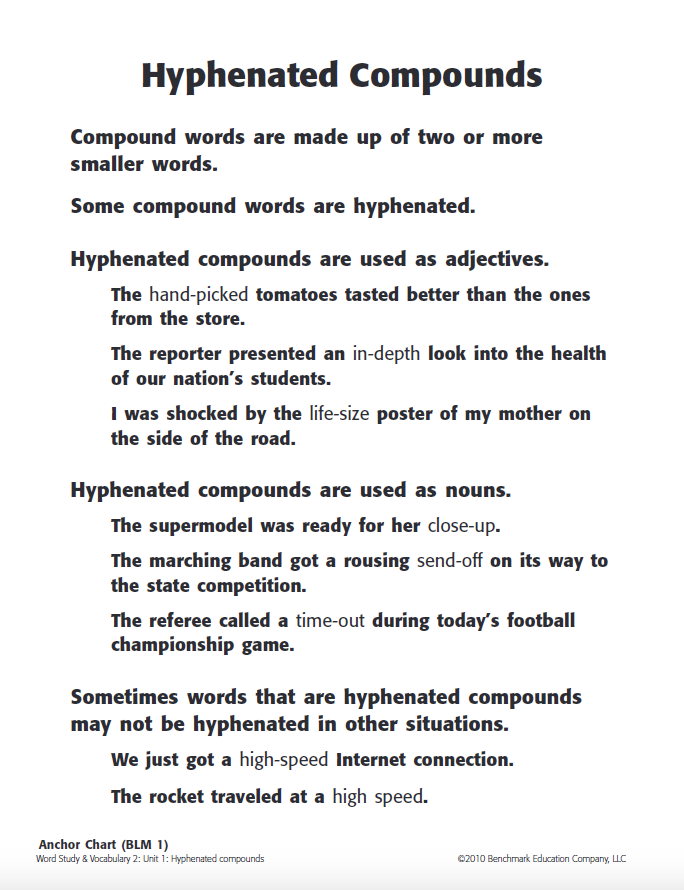 But when studying foreign languages, in particular English, it is absolutely necessary to pronounce difficult-to-pronounce phrases in the target language as often as possible , because this is the best way to learn to speak without hesitation, with the right diction and accent.
But when studying foreign languages, in particular English, it is absolutely necessary to pronounce difficult-to-pronounce phrases in the target language as often as possible , because this is the best way to learn to speak without hesitation, with the right diction and accent. Of course,
tongue twisters in English are also suitable for those who just want to develop their speech apparatus as much as possible, because the presence of a large number of sounds uncharacteristic of Russian speech perfectly trains diction.
Tongue twisters in English:
Complex phrases for children
So that children will not have any problems with speech in the future and they will not have to visit a speech therapist at a respectable age or blush at interviews and in front of colleagues for slurred speech and various defects pronunciation, and just so that the kids quickly speak at full strength, clearly and distinctly, there are various difficult-to-pronounce phrases for children.
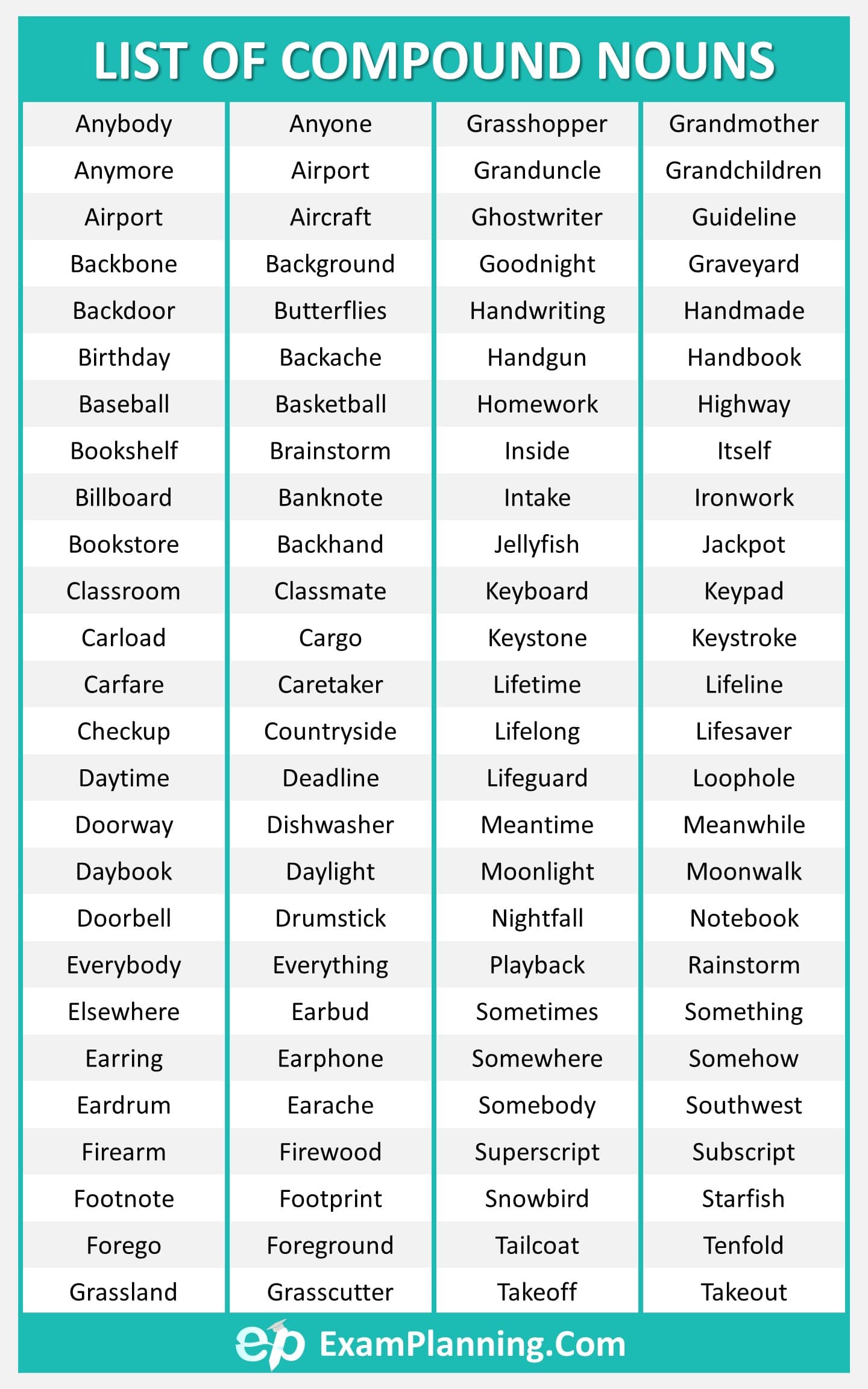 For the development of speech - this is simply an indispensable tool.
For the development of speech - this is simply an indispensable tool. The choice of a tongue twister for a child directly depends on his age, do not give tongue twisters to kids that adults cannot master, also do not give phrases that can be spoken very indecently . Firstly, the child is not a clown in order to mock his naivety and lack of understanding of obscene language, and secondly, the kid will definitely tell a recently learned tongue twister in a public place in his own way, and then it will obviously not be a laughing matter.
Of course, all tongue twisters for children are perfect for adults too.
Most tongue twisters are used to work out a particular sound, so they choose a difficult-to-pronounce phrase for a child, it is important to focus on which sounds he pronounces the worst. In principle, this also applies to adults.
Tongue twisters suitable even for very young children:
Difficult phrases for children of all ages:
There are, of course, funny children's tongue twisters that children will be happy to pronounce:
If the child has learned to pronounce perfectly all small and rather light tongue twisters and if he is carried away by this process, you can offer him more complex options:
Most of the tongue twisters were invented many years ago, but there are also modern options.
 However, it must be admitted that most of these tongue twisters are significantly inferior to the good old tongue twisters invented by real masters of the pen. However, here are a few examples of modern complex phrases:
However, it must be admitted that most of these tongue twisters are significantly inferior to the good old tongue twisters invented by real masters of the pen. However, here are a few examples of modern complex phrases: Tongue twisters for children not only develop the child's speech apparatus, they also perfectly develop memory.
Compound phrases and their meaning
In addition to tongue twisters, there are compound phrases and words that they consist of. Similar words can also be pronounced for the development of the speech apparatus.
Compound phrases also help to increase your vocabulary, the main thing is to know the meaning of each compound word in a phrase.
Several examples of compound words and compound phrases and their meaning.
The longest word in Russian is the word tetrahydropyranylcyclopentyltetrahydropyridine - these are the names of some substance, but it’s not so important which one, because it’s enough just to pronounce this word without hesitation, clearly and clearly, as you can immediately claim the laurels of Demosthenes .
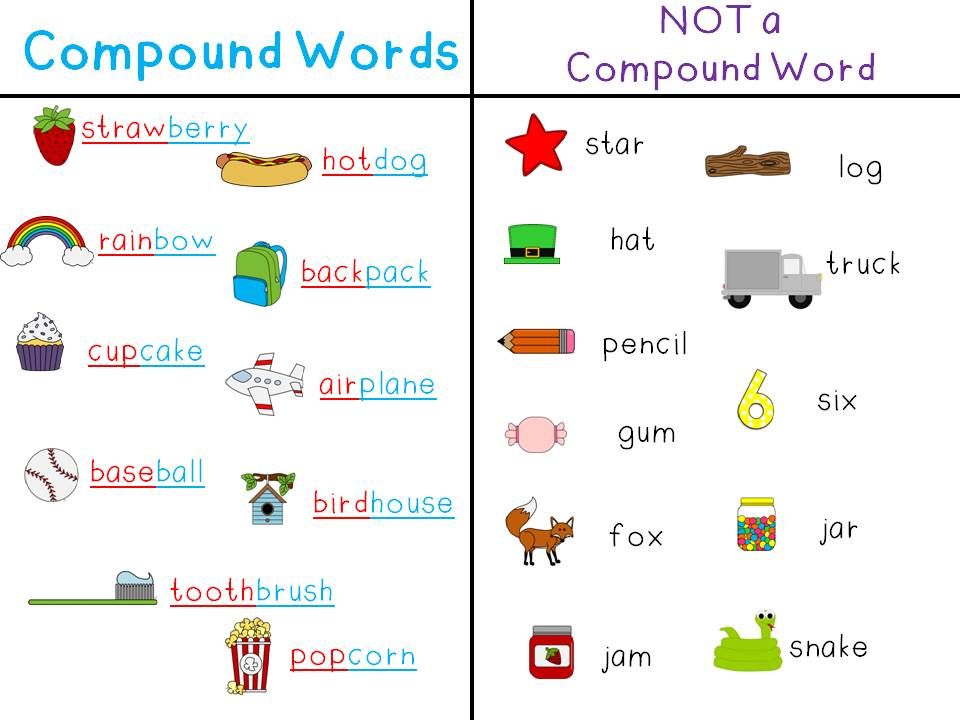
Source
New on blogs
Community "Merry Cafe"
Difficult phrases
It is known for certain that the ancient Greek orator Demosthenes, who had speech defects and a weak voice from birth, overcame these shortcomings with perseverance and energy. He learned to pronounce words clearly by putting potsherds and pebbles into his mouth, making speeches on the seashore. Due to the fact that the stones, being in the mouth, interfered with speaking clearly, in order to say something intelligible, it was necessary to try very hard to speak as loudly and distinctly as possible. But when there were no more stones in the mouth, the habit of speaking clearly and loudly remained.
Putting dirty stones in your mouth is not hygienic, so it is better to train speech not with foreign objects in your mouth, but with tongue twisters. Difficult-to-pronounce phrases play the role of the same pebbles that the tongue stumbles over during pronunciation.

Using complex pronunciation phrases for training, you can correct burr, slurring and other significant speech defects. And if you think you have good diction, then try saying this:
Carl stole corals from Clara,
And Clara stole the clarinet from Karl.
Queen Clara severely punished
Carl for stealing corals!
Grass in the yard, firewood on the grass:
Do not cut wood on the grass of the yard;
It's time to get the firewood out.
Osip is hoarse, and Arkhip is hoarse.
Osip is hoarse, and Arkhip is Osip.
Osip Arkhip, and Osip is hoarse.
Arkhip is hoarse, and Osip is hoarse.
On the shallows we lazily caught burbot,
You exchanged burbot for tench.
Didn't you sweetly pray for love,
And the mists of the estuary beckoned me?
A cap was sewn, but not in the style of a bell,
A bell was poured, but not in the style of a bell.
It is necessary to re-cap, re-cap.
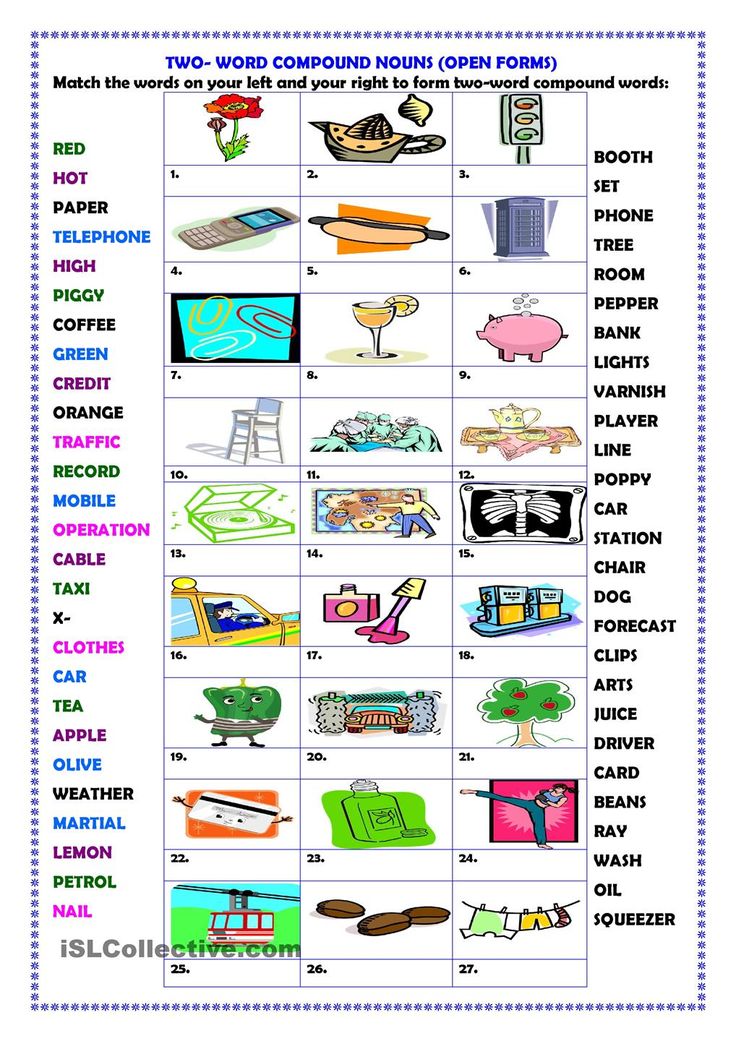
The bell must be re-belled, re-belled.
Thirty-three ships tacked tacked,
but did not catch.
And if you want to start with something easier, then repeat three times
“Password Eagle” or “Popcorn bag”.
Well, or at least once this one:
I don't feel sick.
Well, if you decide to show off your intellect among friends, then such difficult-to-pronounce phrases are just for you:
The chemical compound nicotinamide adenine dinucleotide phosphate hydrin is involved in plant photosynthesis.
From the point of view of banal erudition, not every individual is able to ignore the tendencies of paradoxical emotions.
Eyjafjallajökull is the sixth largest glacier in Iceland.
By the way, what difficult-to-pronounce phrases do you know?
Source
Difficult words: examples of words and phrases, how to learn to pronounce
How to learn to pronounce difficult words
To have difficulty pronouncing some words, it is not necessary to have problems with diction.

Difficulties in pronunciation are typical for the Russian language due to the growing number of compound words, the lion's share of which falls on specific, but often used, including borrowed terms (agricultural products, hydrometeorology, rebranding, and others).
Such hard-to-pronounce words in Russian as the names of medicines and chemical compounds (trinitrotoluene, deoxyribonucleic acid, and others) stand apart.
Communication at the everyday level does not promise any special problems with hard-to-pronounce words, because
any special term can be replaced by a simpler, even colloquial synonym (diversification - expansion; prolonged - long-playing, etc.).
However, the pronunciation of an official speech or report usually forces the speaker to adhere to strictly defined terminology or to operate with the most precise concepts.
List of hard-to-pronounce words in Russian
When determining the “difficulty” of a word, one can be guided by the number of letters and the number of words from which it is composed, since the longest words are compound.
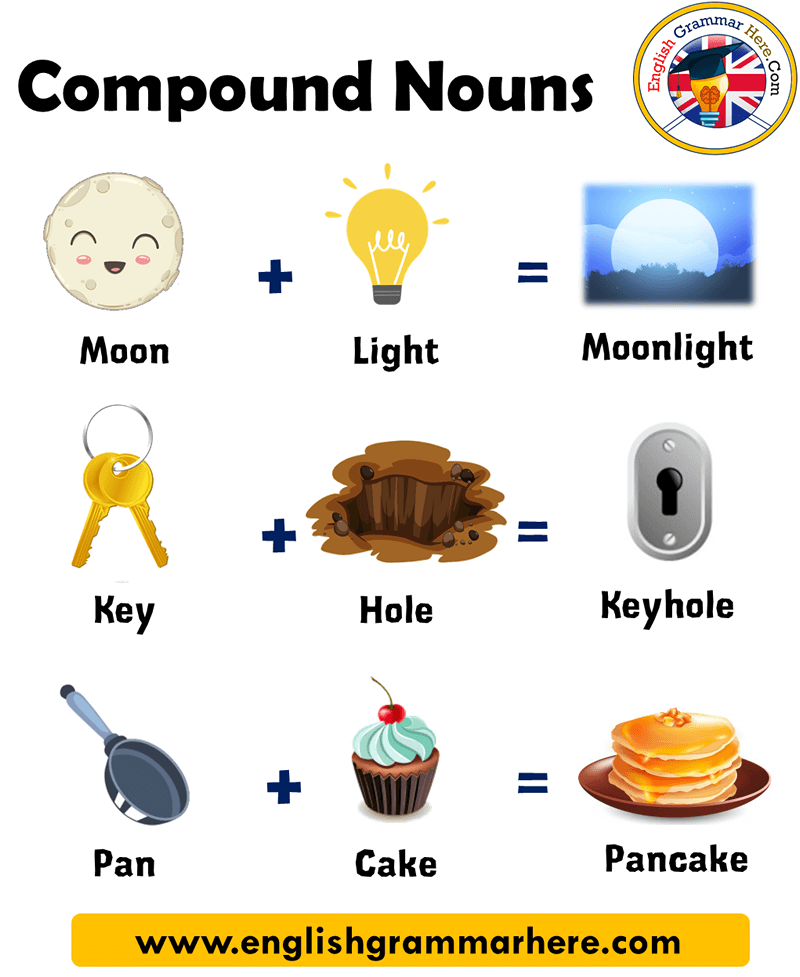 Consider the hard-to-pronounce words of the Russian language among the champions in the number of letters in various categories.
Consider the hard-to-pronounce words of the Russian language among the champions in the number of letters in various categories. Guinness Book of Records
Grammar Dictionary of the Russian Language by A. A. Zaliznyak
Spelling Dictionary of the Russian Academy of Sciences
How to learn to pronounce difficult words on your own
To achieve ease and clarity, using words and phrases that are difficult to pronounce in speech, you can use regular practice. In drama circles and theater schools, as well as in courses for television and radio presenters, such training takes place in two stages:
Articulation gymnastics
Each word is a combination of sounds and their combinations: the more combinations, the more difficult the pronunciation of the word. To master a word, first of all, it is necessary to develop the pronunciation of each sound separately, then each combination of sounds found in this word.
Articulatory gymnastics allows you to keep your speech apparatus in good shape: daily exercises are guaranteed to save you from difficulties with new tricky words.
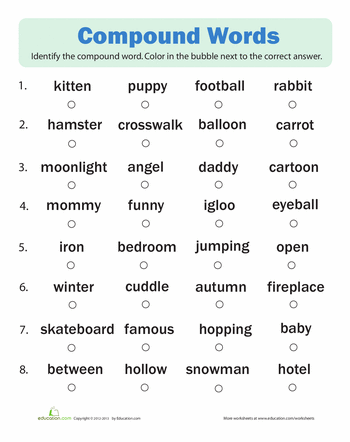 To do this, it is enough to do a slight warm-up of the facial muscles and slowly, carefully pushing through and articulating each sound, read aloud any passages of text and words that are difficult to pronounce.
To do this, it is enough to do a slight warm-up of the facial muscles and slowly, carefully pushing through and articulating each sound, read aloud any passages of text and words that are difficult to pronounce. Working with tongue twisters
When the speech apparatus is sufficiently developed, and you can easily pronounce any combination of sounds, in particular compound words with the R sound, it's time to work on automation. The best means for this will be ordinary tongue twisters.
Their diversity will allow you to identify the most problematic letter combinations and work hard on them. The main thing is not to try to pronounce tongue twisters quickly, it is much more important to pronounce them clearly, focusing on the most difficult words.
Speed always comes after technique.
Difficult phrases
Good speech is one of the most effective tools in any salesperson's arsenal. A person with a correct and beautiful speech is much more pleasant to listen to than people with speech problems or an incorrect, unpleasant dialect using jargon.
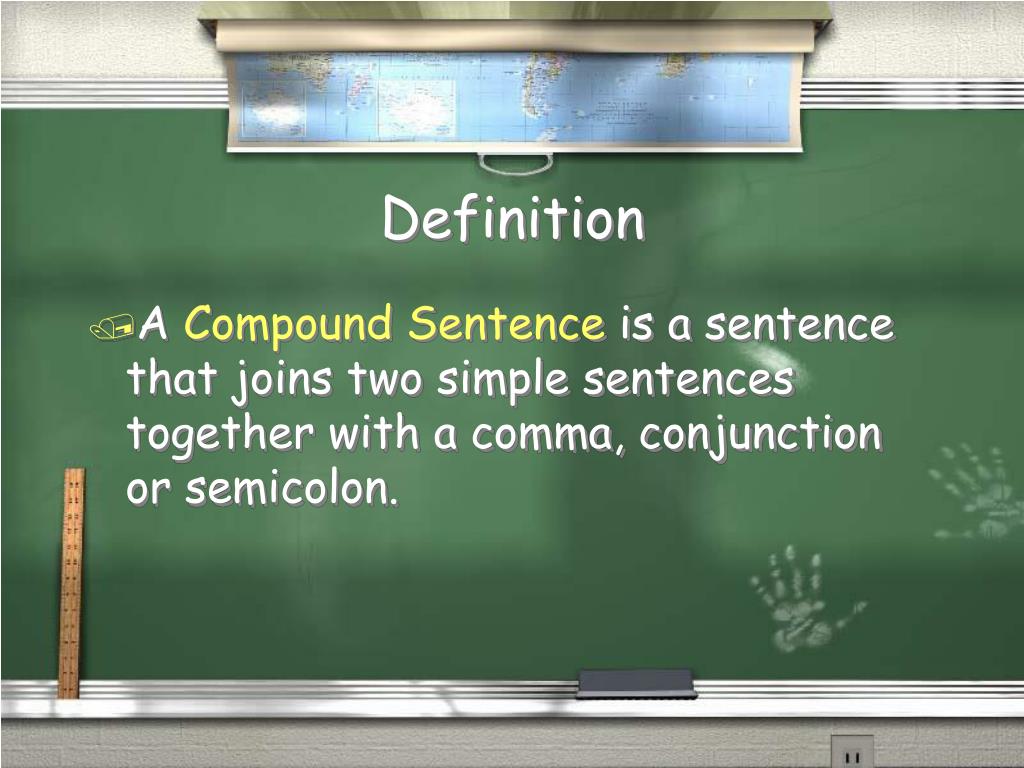
Of course, every person should strive to present their thoughts competently and correctly, but there are people who simply need this because of their profession. First of all, these are managers and salespeople, as they earn money by persuading. The word is the main instrument of influence on the buyer.
The sales manager must be able to speak expressively and persuasively.
Why train salespeople to speak
Learning to speak correctly is not at all difficult if you take this issue seriously. To begin with, you can ask yourself the question: how does communication take place in general? How to build a dialogue? The answer is simple.
Communication needs to be broken down. A well-known method proposed by the famous psychologist Albert Mehrabian.
He proved that the flow of information from one interlocutor to another consists of three components - three channels of communication.
The content of the speech should be given maximum attention.
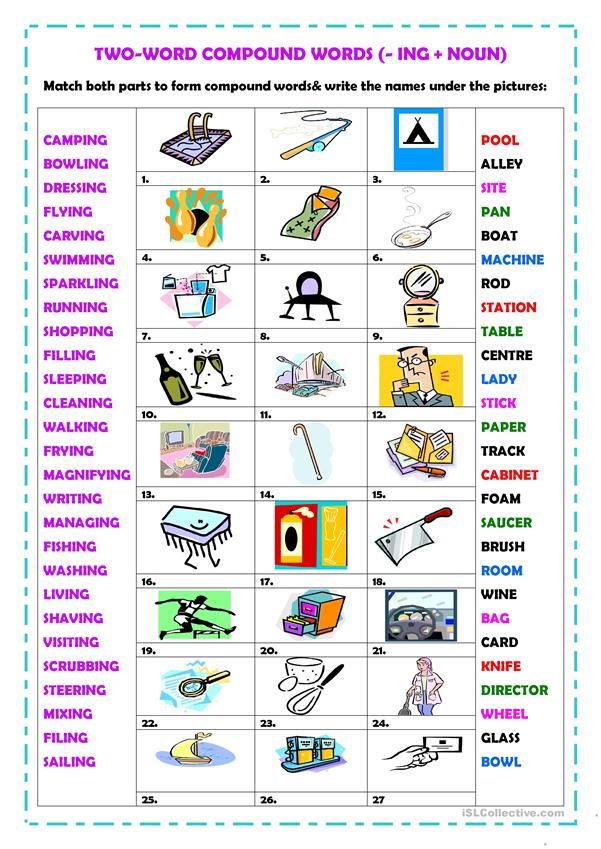 The seller needs to consider such stages of the sale as identifying needs, reasoning, objections and responses.
The seller needs to consider such stages of the sale as identifying needs, reasoning, objections and responses. And be sure to follow the mood of your speech, it must be positive and confident! For a more persuasive speech, you can use words such as activity, quality, beauty, originality, recommendations, success, purity, value, economy, effect, reliability, and so on.
The next stage is paralinguistics, a section of linguistics that studies facial expressions and gestures that accompany oral speech. Of great importance is the length of the phrases that the seller operates with. They can be short or long. As a rule, in business communication, short phrases are more effective, as they sound clearer, more comfortable and easier to perceive.
The tonality of the voice also plays a significant role. A good salesperson is expected to have a good command of the voice, its shades, pauses and intonations. To learn this, you need to train in front of a mirror, record your voice on a dictaphone, work on diction.
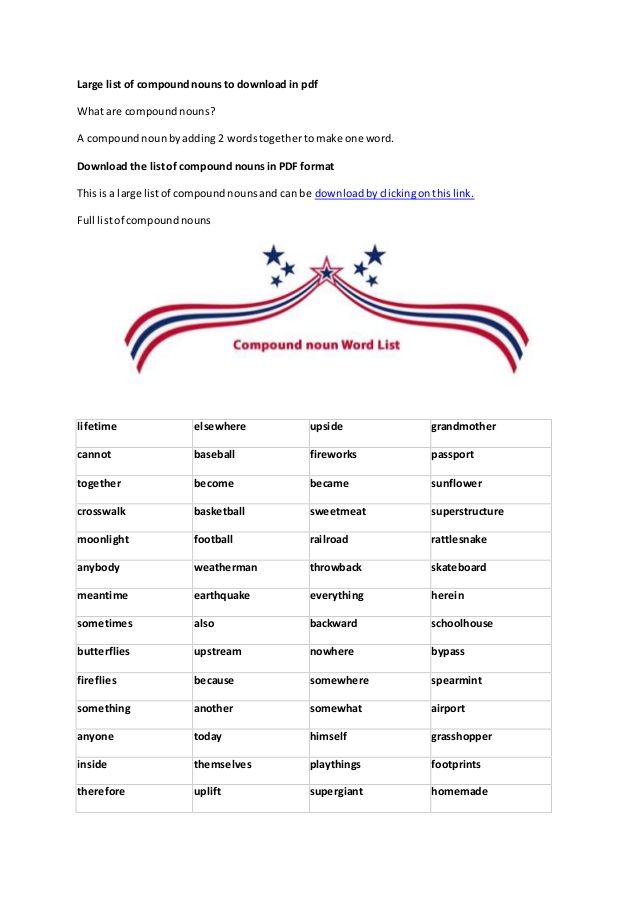
Speaking with confidence and persuasiveness will also help attending training sessions led by professionals in this field.
The third, most difficult channel is body language. It is very important because it includes everything: gait, posture, gestures, facial expressions, glances, distance and appearance. It's not that hard to say good things. But to control postures, movements and facial expressions ... Considerable efforts, attentiveness and endurance are needed.
A salesperson needs to practice his speech daily and constantly improve in the art of persuasion. But why? It's simple - the right speech increases sales.
Words that are difficult to pronounce
There are many words that are very difficult to pronounce. Scientific terms, foreign borrowings, special arrangement of vowels and consonants can make a word or phrase difficult to pronounce.
And it doesn't have to be something completely unpronounceable - some people can't handle words like "bike", "corridor", "colander" or "brotherhood".
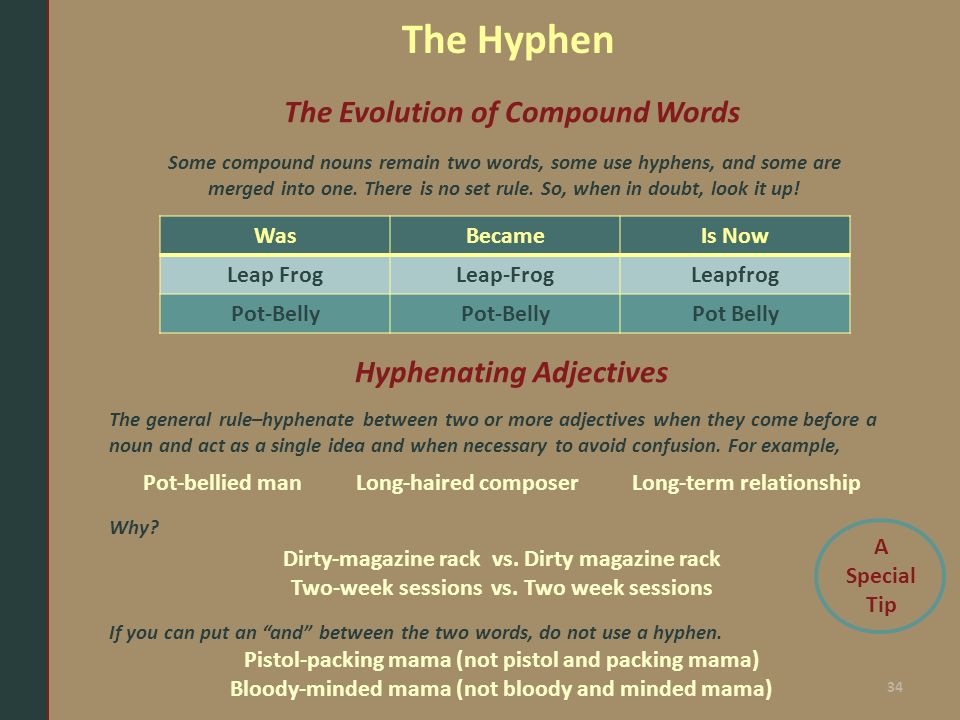
For salespeople and sales managers, incorrect pronunciation of words is unacceptable - illiterate speech sounds unpleasant and does not paint a person at all.
There are many difficult words and phrases with which you can learn to deal with difficult words, but there is nothing better than tongue twisters, because they are easy to remember, have their own rhythm, which not only allows you to pronounce words more clearly, but also makes pronunciation much more melodious. In order for tongue twisters to bring maximum effect, they need to be pronounced in different voices and with different intonations. You can complicate the process by tilting your head from side to side and pushing your tongue to your lips.
There are a lot of tongue twisters in Russian. Here are a few examples:
Words that are difficult to pronounce
In addition to tongue twisters, there are also a huge number of words that are difficult to pronounce in Russian.
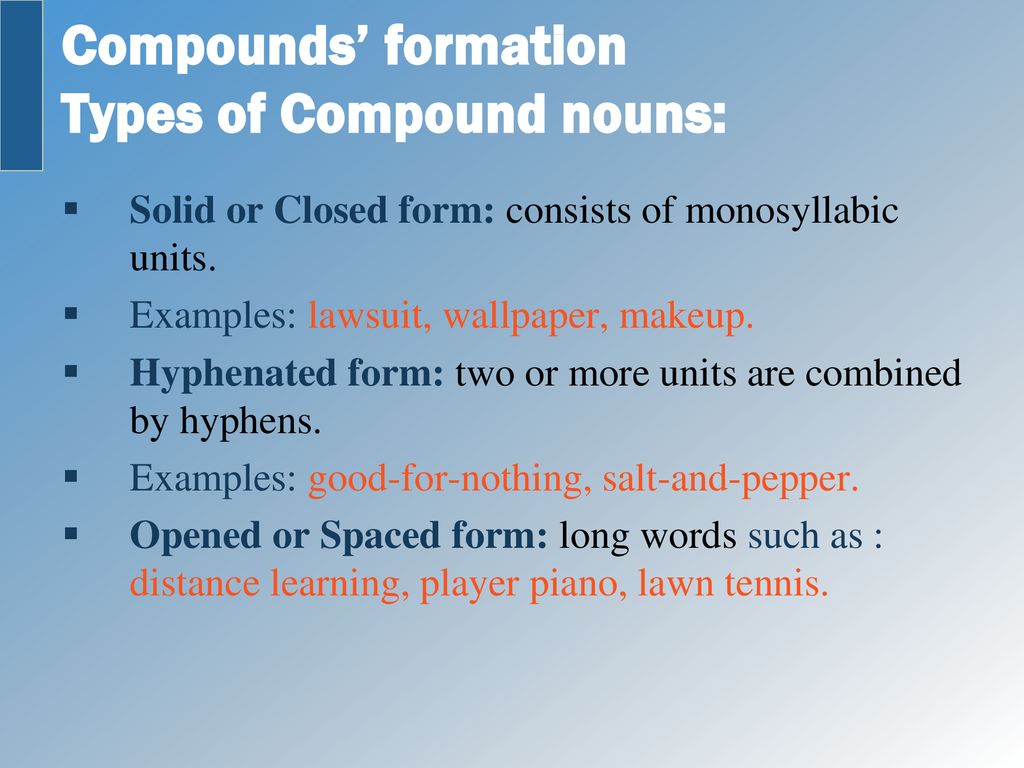 Pronunciation and memorization of such words will not only help to cope with speech problems, but also replenish vocabulary.
Pronunciation and memorization of such words will not only help to cope with speech problems, but also replenish vocabulary. Examples of such words: paramelestobencentrianosistalfurazist pipe, deoxyribonucleic acid, dyscirculatory encephalopathy, re-examine, excellency, eleventh grader, clerk, internationalize.
In general, people find it difficult to pronounce foreign words and the names of various objects. When Eyäfjallajökull erupted in Iceland, even professional announcers, pronouncing the most difficult phrases without hesitation, could not always cope with this unyielding word the first time
Fortunately, salespeople rarely have to deal with terms such as "transcendental", "identifying" or "poorly coordinated". But if in the work it is still impossible to do without specific terms, you should not fall into despair. If you wish, you can learn how to pronounce any, even the most difficult, word correctly.
Aptly mentioned, such words can make a huge impression on the buyer, and this opportunity should not be missed if the opportunity arises.
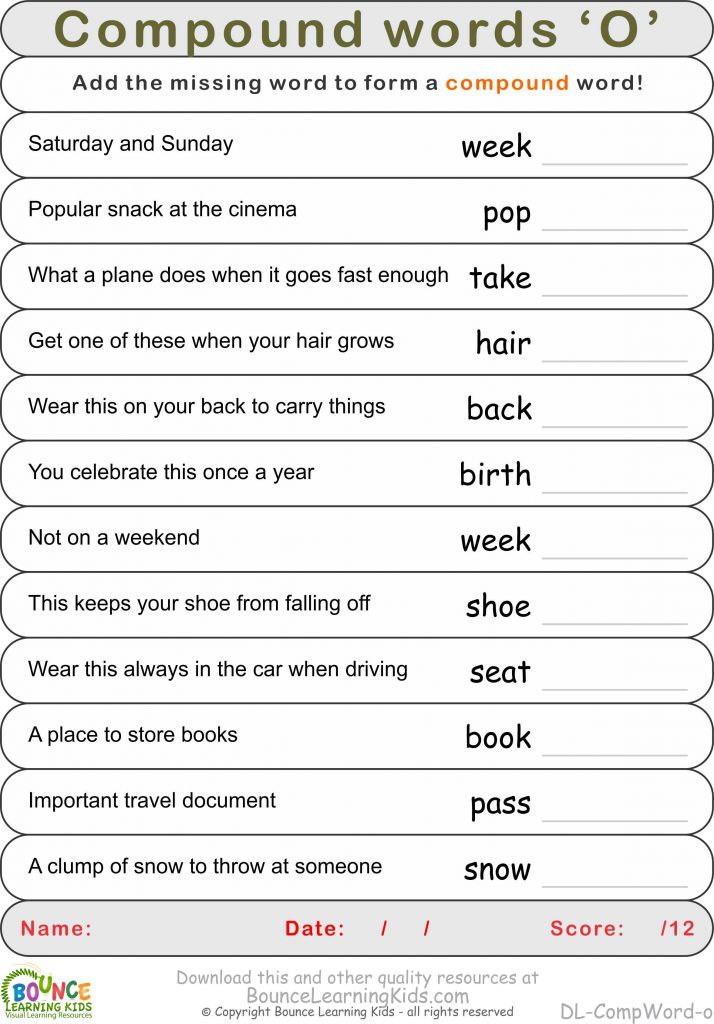 Beautiful, flowing speech with the right use of terms will make the salesperson appear more confident and persuasive.
Beautiful, flowing speech with the right use of terms will make the salesperson appear more confident and persuasive. The buyer's trust can be won in many ways, including with the help of competent speech with good pronunciation of difficult words
In whatever segment of trade or business the seller works, he must definitely monitor the literacy of speech, diction and intonation. What the seller says is always important, but just as important is how he says it.
A well-trained voice and competent speech is a key sales tool that must be used constantly.
A good salesperson knows how to use hard-to-pronounce words, emphasize them with intonation, making speech smooth and easy to understand.
To increase sales, it is not enough to announce favorable prices - you need to be able to convince using the tone of your voice, pauses and logical stresses. If the seller is well versed in his business, he will definitely be heard. But only if he thinks about his every word and pronounces even the most complex phrases correctly.

8 hard-to-pronounce Russian words that no foreigner can pronounce
Not every foreigner can easily learn Russian. This is not English for you, where there are no conjugations, cases, this terrible sound "u" and everything else. But in the Russian language there are words that are so difficult to pronounce and long that it becomes simply an unrealistic task to pronounce to a foreigner ...
X-ray electrocardiographic
It's hard to believe, but this word consists of 4. Now imagine what it's like for a foreigner to endure all this? Here one word can pass for a tongue twister ... So, separate the parts "-X-ray" and "-ic", and you can get the word "electrocardiograph". Already easier, though
Self-employed
Okay, this word doesn't seem to be as long as the previous one, but there's another problem. Firstly, the complex sound “h”, and secondly, the complex combination of the letters “predpr”. In general, everywhere there are only setups in this great and powerful.
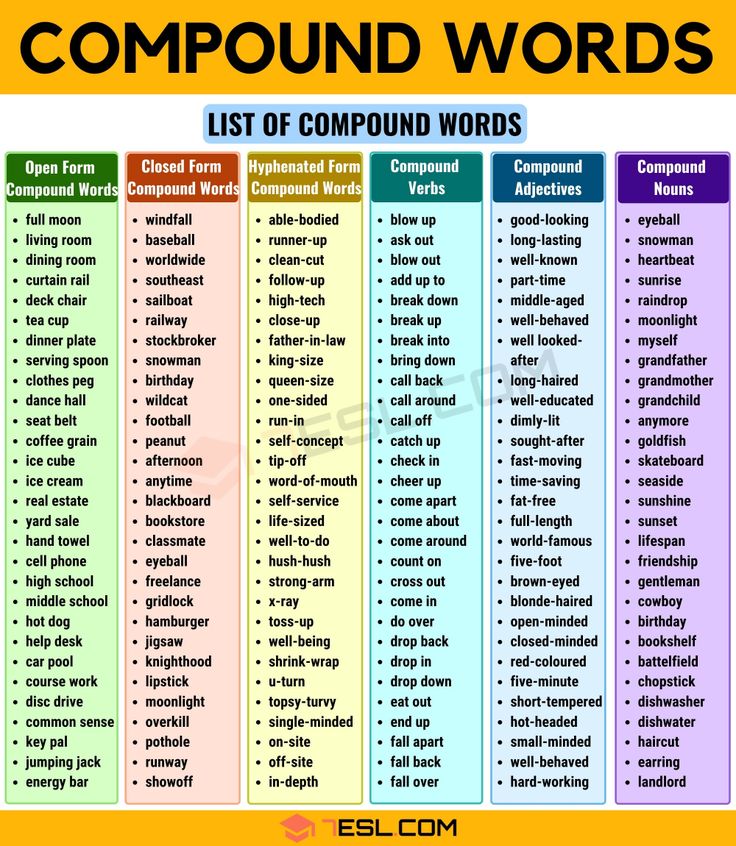
The word “entrepreneur” began to be used again in Russian with the onset of perestroika in 1986 (communists did not allow themselves this).
If a foreigner knows this word, then it will not be difficult for him to add “-private” and proudly pronounce “private entrepreneurial”.
Substantializing
So now let's look at this word. Just try to pronounce it. If you succeed, you can move on to more complex tongue twisters.
This word only at first glance seems harmless, but when you open your mouth, all sorts of setups begin. Therefore, it is worth being attentive not only to foreigners, but also to native speakers.
It is also necessary to remember the meaning of the word (“substantialize” – become a substance).
Misanthropy
Well, this is not a word at all, but a continuous set of difficult to pronounce sounds and their combinations. For foreigners, all these "st", "stv" and so on - well, just a real nightmare.
 The tongue is twisted, and something indistinct is obtained. Decompose this word into 2 components - “man” + “hatred”, and everything will work out.
The tongue is twisted, and something indistinct is obtained. Decompose this word into 2 components - “man” + “hatred”, and everything will work out. Be re-examined
The word “witness” is taken and so many things are added to it that the brain starts to simply break down. There is a prefix, and a postfix, and in general there are so many things that our person, who speaks Russian since childhood, may not even be able to cope with this. In general, the use of this word by a foreigner is better to avoid, besides, the scope of its use is rather limited.
Agricultural engineering
Congratulations! We are entering a new level, because complex words begin, consisting of 2 full-fledged ones. Here, for example, is how this word is, parts of which are written with a hyphen. It consists of 37 letters! The word "agricultural" can confuse a foreigner, but what will happen to him when he hears the word "engineering"?
Excellency
Thank God, today this word is practically not used, and this, of course, makes the task much easier for foreigners.
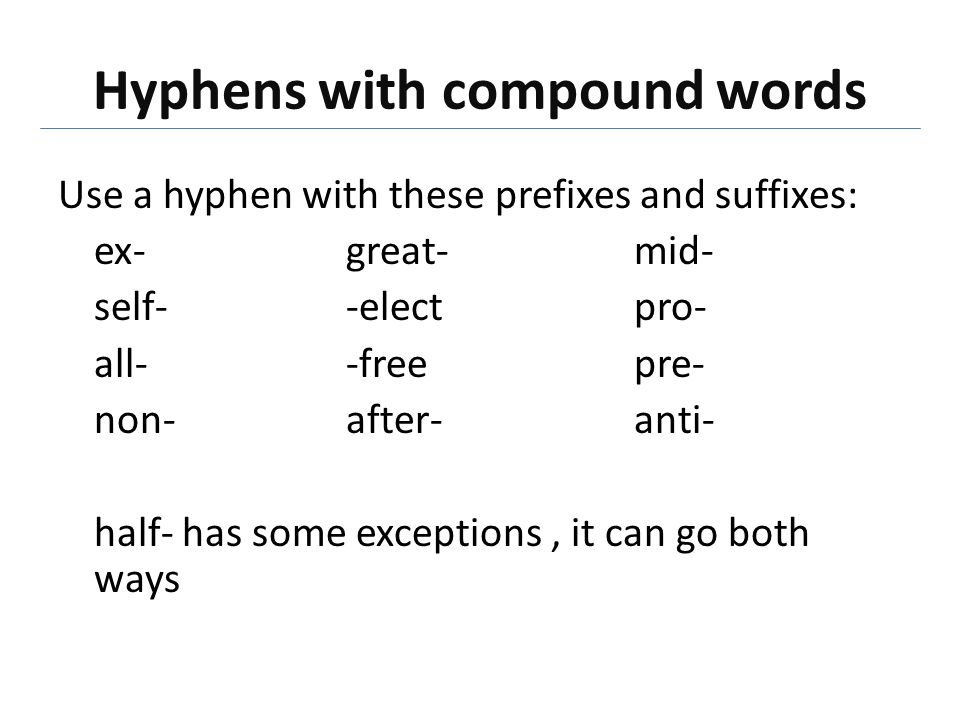 But if they want to challenge themselves with pronunciation, this word is perfect for such a purpose.
But if they want to challenge themselves with pronunciation, this word is perfect for such a purpose. Landmark
This word is certainly not something terribly complicated for us. But again, not for foreigners. Here again there is this disgusting sound "h", and in general it is still a bit long.
Words that are difficult to pronounce: origin, education, record-breaking words
If some words or phrases are difficult to pronounce, this does not necessarily mean that there are problems with diction.
Difficulties in pronunciation are typical due to the huge number of compound words, most of which are frequently used specific terms (hydrometeorology, geomorphology, agricultural products, and others).
Such hard-to-pronounce words in Russian as the names of chemical elements and drugs, for example, deoxyribonucleic acid, stand out. The article will discuss hard-to-pronounce words in Russian, how they are formed and types, as well as how to work on their pronunciation.

Most of the hard-to-pronounce words came to Russian from foreign languages. Basically, they denote the names of professions, positions, equipment, sports. For example, merchandiser (job title), refrigerator (equipment).
At the everyday level, difficult-to-pronounce words do not pose any problems, since they can be replaced by a simpler synonym, for example, the word “diversification” can be replaced by the word “expansion”, the word “prolonged” - “long-playing”. But here, when delivering an official speech, a report, in announcer's work on television or radio, it is necessary to adhere to strictly defined and prescribed terminology and operate with precise concepts.
For a speaker or announcer, phrases and words that are impossible to pronounce are a cause for tension and excitement. Difficult words lead to "stumbling" during speech. But you can’t do without them either, so it’s important to know how to write and pronounce such expressions correctly.
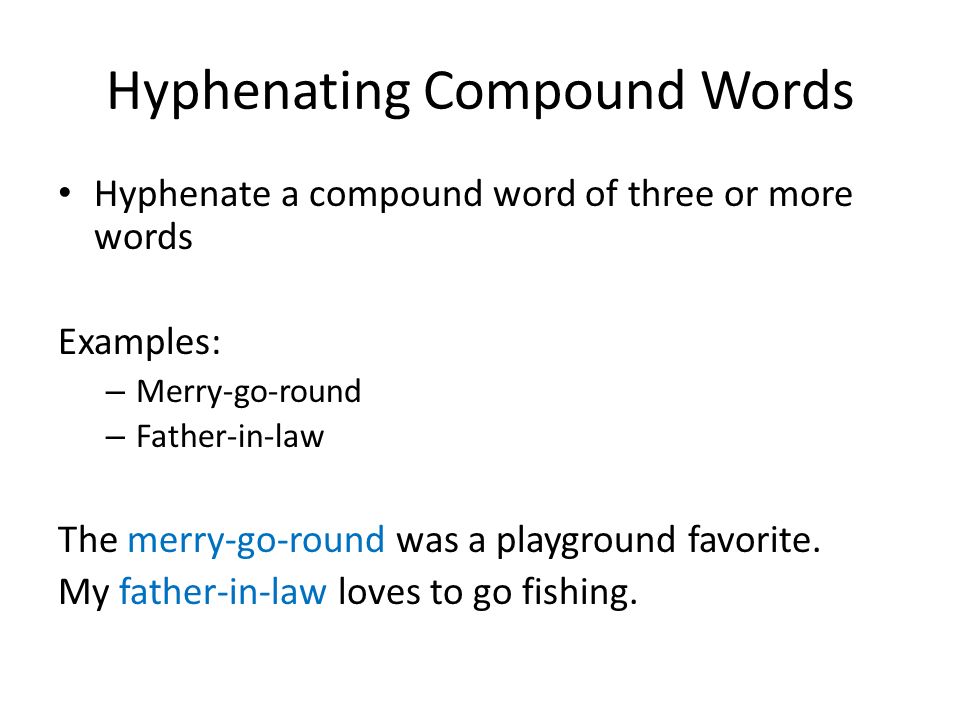
What are difficult-to-pronounce words
As a rule, such words consist of several roots, and sometimes more, for example, “agricultural”, “hard-to-reach”.
And here are the expressions that cause difficulties in pronunciation for announcers and speakers:
The most difficult words to pronounce
The difficulty in pronouncing words is affected not only by the number of roots in its composition, but also by the number of letters that it consists of, that is the longest words are compound and the most difficult to pronounce. Consider the record-breaking words for difficulty in pronunciation.
In the Guinness Book of Records, the longest Russian word is “very highly contemplating”, before this word the record holder was “X-ray electrocardiographic”.
The longest word, according to the Grammar Dictionary of Zaliznyak A. A.
In the spelling dictionary of the Russian Academy of Sciences, the most difficult to pronounce word is the adjective with a hyphen - "agricultural engineering" and the adjective without a hyphen - "electrophotosemiconductor", no less difficult to pronounce and a noun - "water-mud-peat-paraffin treatment".
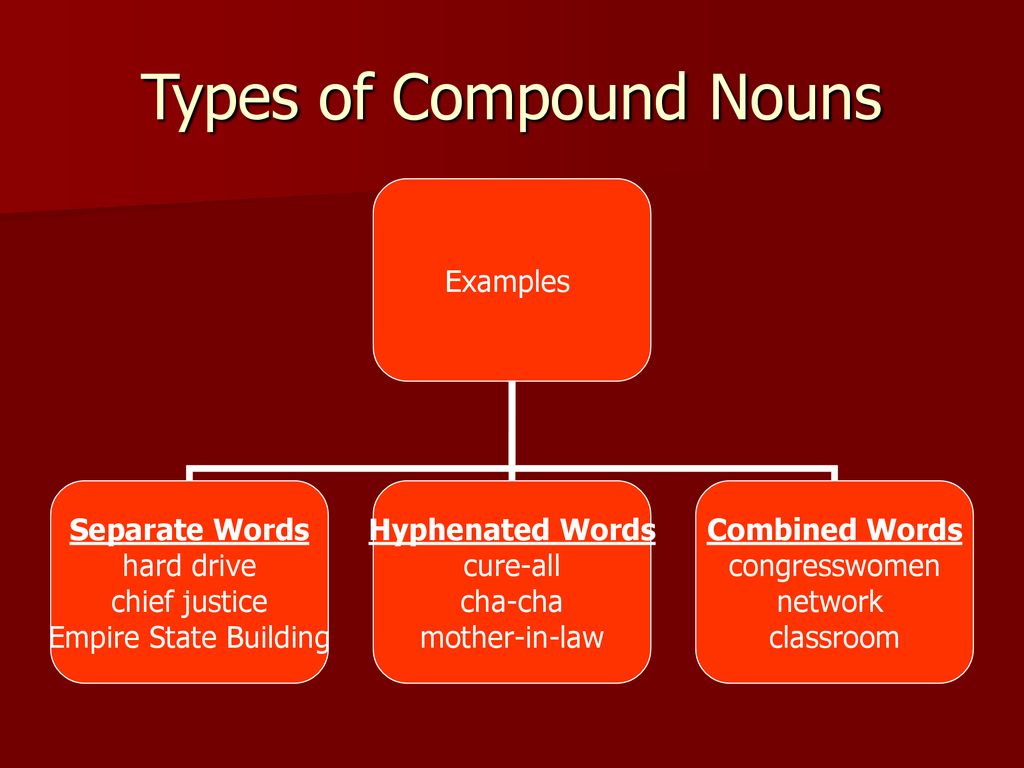
What are hard-to-pronounce words for?
There are really a lot of hard-to-pronounce words in Russian, but they very succinctly and accurately convey the essence of phenomena or objects in the name. For example, aeronaut, armored personnel carrier, agricultural, natural science, literary criticism and many others.
Compound words are terms, definitions or concepts. For example, a huge number of hard-to-pronounce words in the names of chemical drugs: methylpropenylenedihydroxycinnamenylacrylic acid; trinitrotoluene (explosive), deoxyribonucleic acid, dimethylalkylbenzylammonium chloride.
Words that are difficult to pronounce are also found in colloquial speech: superman, dance floor, and so on.
The Internet is replete with lists of phrases that are difficult to pronounce when drunk (of course, these are not scientific studies, but observations from everyday life, but an interesting enough observation), the most common words in these lists are: calculative, difficult to pronounce, poorly coordinated, satisfactory .
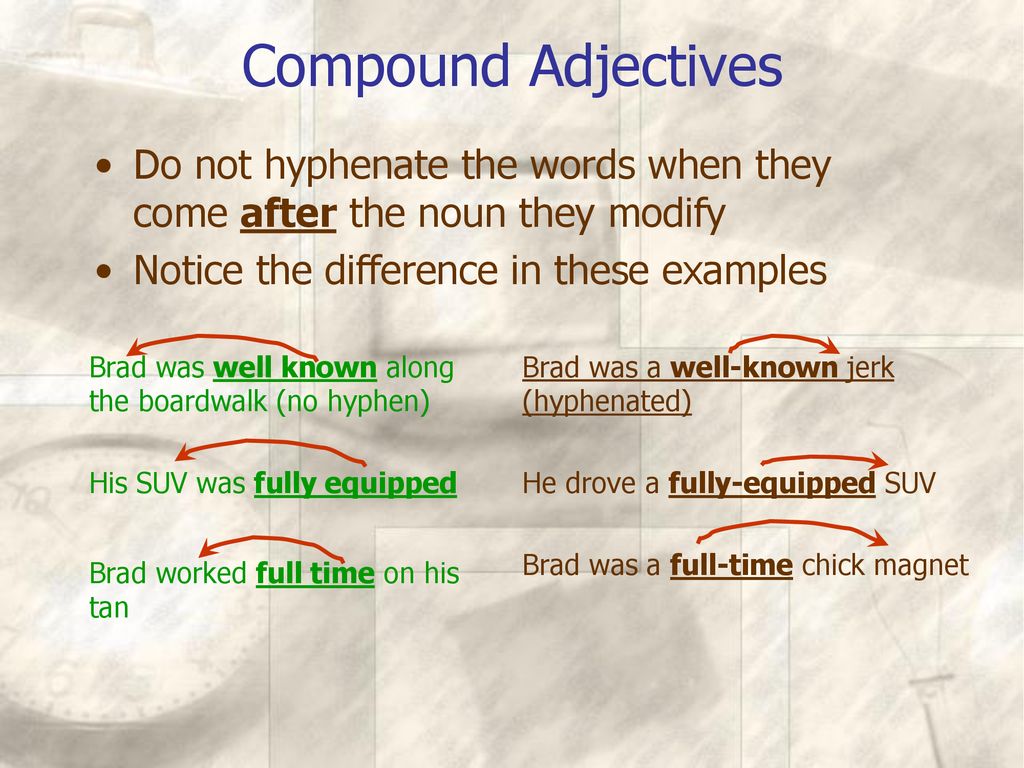
In addition to words that cause difficulties in their pronunciation, there are also difficult-to-pronounce phrases, the purpose of which is to improve pronunciation, that is, they are used to develop the speech apparatus, help to learn to speak clearly and distinctly. Such phrases are called tongue twisters.
Is it possible to learn to pronounce difficult words and how?
For clear speech tongue twisters are needed, they are designed for this purpose. They are poetic and very easy to remember. They do not have to be pronounced quickly, it is enough to pronounce them correctly, clearly, observing the rhythm.
It is necessary to constantly train in the pronunciation of tongue twisters, you should practice daily, for about 15 minutes.
As a result of hard work, difficult-to-pronounce phrases and words will turn into ordinary ones, they will be easy to pronounce and will not cause inconvenience or problems.
30 words that we pronounce incorrectly
As soon as we hear “your phone is ringing”, “put it back”, “that dress is prettier”, we ask ourselves: why do people speak incorrectly? After all, everyone once studied at school, placed stresses in words and pronounce them drawlingly with the correct stress.

The thing is that in Russian there is no single rule for the stress of words, unlike, for example, Spanish, where there are only two rules for pronunciation.
Our neighbors from Belarus and Ukraine also have a huge influence on the language. The languages are close enough that they often get mixed up. This is especially noticeable in areas that border on each other. As a result, new variants of pronunciation of words are born in our speech.
As soon as we hear the distorted sound of a word, we begin to doubt ourselves: “Am I pronouncing the words correctly?” In order not to mislead ourselves, we have selected the 30 most tricky words with incorrect pronunciation. This is where we most often make mistakes.
Borrowed words in Russian
In speech, we use a large number of borrowed words. Meanwhile, in each language there are certain pronunciation rules that must be taken into account.
French words
A large number of words in our language have been borrowed from France.
 They have become so ingrained in Russian speech that sometimes we mistake them for native words.
They have become so ingrained in Russian speech that sometimes we mistake them for native words. But they do not lose their roots and are also intertwined with family ties. The French language has its own specific rules for pronunciation of a word. In most cases, the stress falls on the last syllable.
Despite the fact that in most cases the stress falls on the last syllable, there are exceptions in the language:
English words
Our speech is constantly enriched with English words. The most traceable tendency of this language is the stress at the beginning of the word. And the examples below will help you to verify this:
In English, like in any other language, there are exception rules:
German words
Words from Germany came into Russian speech for many years. German has many compound words borrowed from other languages and formed from two or more roots. Therefore, each language unit has its own accent.
Related words
Mobile stress in Russian.
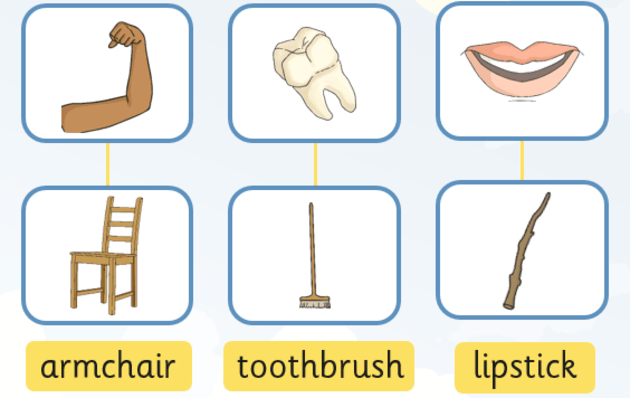 Therefore, it is simply impossible to check the pronunciation of a word according to one rule. Here it is important to remember a few simple rules:
Therefore, it is simply impossible to check the pronunciation of a word according to one rule. Here it is important to remember a few simple rules: Helpful Hints
People remember images better
Write down the words on sticky notes, highlight the stressed vowel in bold and post them around the house so you don't forget.
Draw in your mind not the words, but the object itself. For example, the word "barmen". Imagine that you came to a bar, and the bartender's badge does not have a name, but the very word bartender with a bold letter "A".
Rhymes
Write rhymes for words where you are confused with pronunciation:
There are many interesting poems on the Internet about the correct stress of a word. Learn memory rhymes - this will help you not to make mistakes in pronunciation:
Flew off from the fire
If it's wrong, then a spark as soon as a dispute arises.
So, remember:
Difficult words in Russian for pronunciation
There are many words in Russian that are difficult to pronounce correctly the first time.

Try to quickly and without hesitation read such words as “benefited”, “improvements”, “beneficial”. It is easy to get confused in syllables, you stray, get lost, repeat from the beginning.
Now imagine that you are standing in a pulpit or on a stage and you have to say the same thing in front of a large audience.
It is impossible to do without difficult words, such is the Russian language.
You can try to write a speech in which there will be no such wording, but it is not easy, not to mention the fact that if you somehow manage to manage in your speech without a single word that you can break your tongue about, questions remain from audiences and open discussions.
During a lecture or a monologue, hesitation knocks the speaker out of rhythm, distracts the audience, spoils the impression. And during answers to questions or discussions, stutters sound pathetic at all. Therefore, you need to train easily and naturally to pronounce words that are difficult to pronounce.

Which words are compound?
Difficulties are caused by combinations of several consonants in a row, repeated or similar syllables, long terms, words from two or more roots: agricultural, literary criticism, armored personnel carrier, trendy, dance floor.
But speakers who speak on highly specialized topics have the hardest time.
If the epithet “trendy” is easy to replace with a simpler and more understandable word, then the terms cannot be replaced: trinitrotoluene, deoxyribonucleic acid and other chemical names, for example, do not have suitable synonyms.
Borrowed vocabulary often falls into the category of difficult to pronounce. She has combinations of sounds unusual for Russian speech, therefore, even if the term is initially simple, for a domestic person it presents a difficulty: pfennig, differentiation, pluralism.
How to work with compound words?
Treat such words as an opportunity to train your speech apparatus and improve your diction.
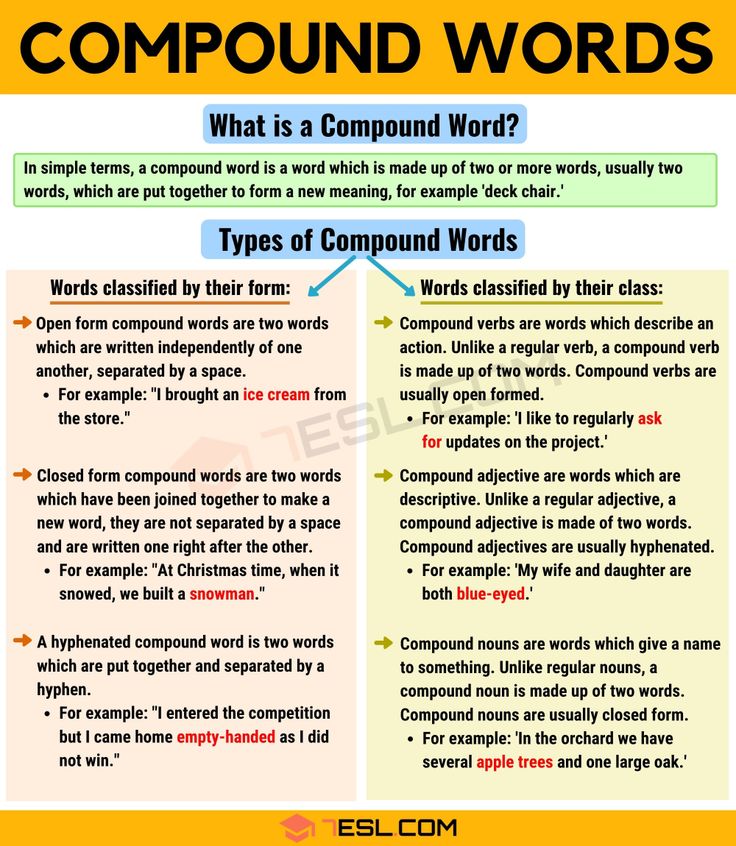 Hard-to-pronounce combinations of sounds are an excellent “simulator” for a speaker. If you are preparing a speech that is replete with hard-to-pronounce vocabulary, highlight in the text and rehearse each difficult word separately. Let it become habitual.
Hard-to-pronounce combinations of sounds are an excellent “simulator” for a speaker. If you are preparing a speech that is replete with hard-to-pronounce vocabulary, highlight in the text and rehearse each difficult word separately. Let it become habitual. When working with tongue twisters, inexperienced speakers make the same mistake: they try to immediately pronounce the tongue twister quickly. This is initially the wrong approach: you need to start with deliberately slow reading.
Do the same with problematic vocabulary: do not try to quickly say something that is difficult for you. If you have already climbed into the pulpit, started to give a speech and suddenly stumbled on a term, for example, trinitrotoluene, do not try to “slip” it quickly.
Slow down where you want to speed up. It is better to pronounce it in syllables or emphasized slowly. Your listeners will understand.
Why not speed up? English teachers have to work separately with hard-to-pronounce vocabulary and reading rules.
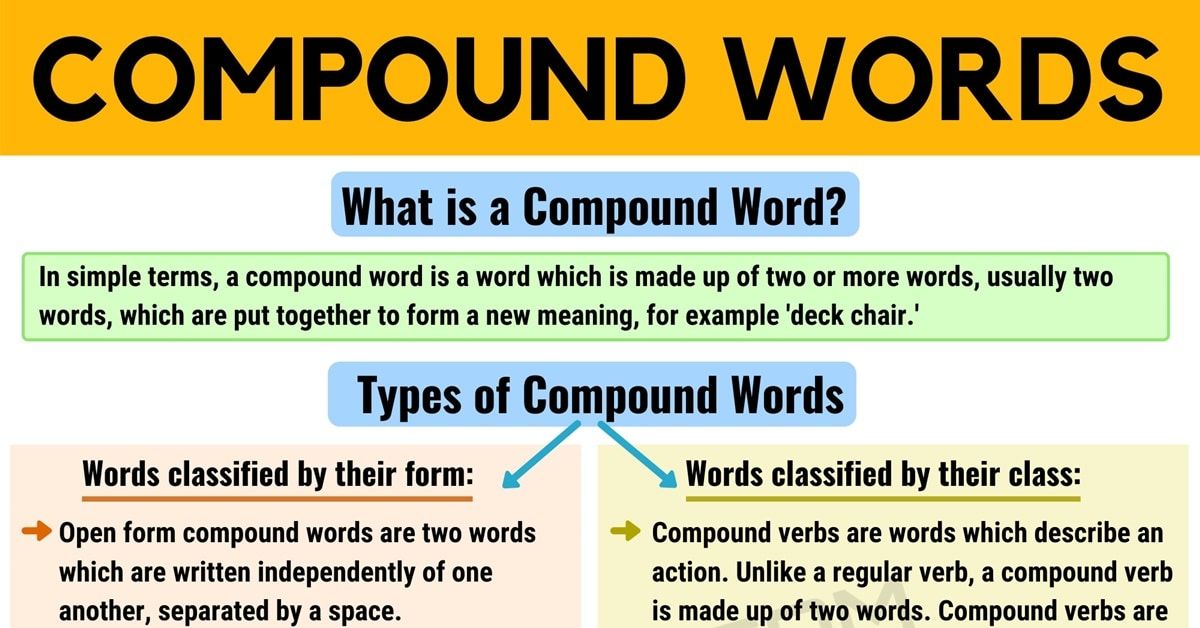 Because when you need to read an English text, students are sure to encounter vocabulary that is not clear how to read.
Because when you need to read an English text, students are sure to encounter vocabulary that is not clear how to read. And 99 out of 100 people mumble something indistinctly in such a situation, pronounce the phrase quickly and incorrectly, hoping that the listeners will not notice. But listeners always notice, so teachers have to separately ask students not to part, but to read slowly.
Do the same if the wording confuses you during your presentation. Your main task is to be understood, and the audience will not understand the speech if you swallow the phrases. Moreover, they may ask you what you mean, and then you will find yourself in an awkward position.
What to do to make compound words easy
Train, train and train again. Use hard-to-pronounce phrases and tongue twisters to get used to ponderous language. This will help improve diction and develop the articulatory apparatus. Over time, you will be able to correctly read any incomprehensible term that you see for the first time in your life, on the first try.
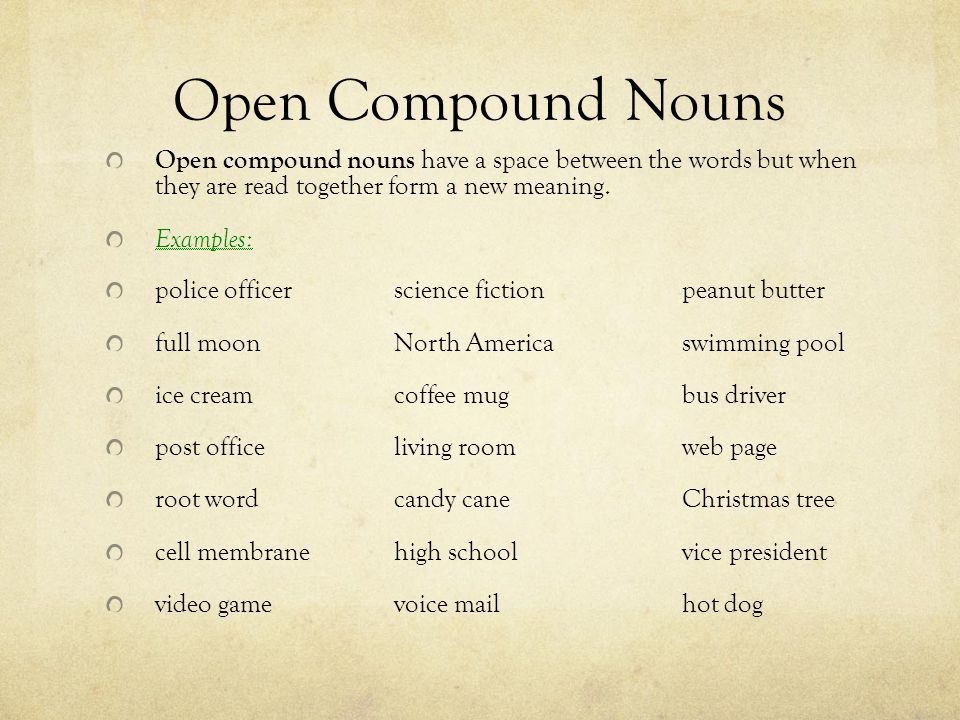
Examples of tongue twisters: Palmists and surgeons characterize rickets by cartilage fragility and chronic chromosomal hara-kiri. My son-in-law brought an ide because of Yauza. Winters on the Yauza abound with ides. Pathologists assumed the pathology of the paraganglia.
What is speech training and how it will help you become a good speaker
Speech training or gymnastics develops facial muscles, tongue, respiratory organs. It prepares the speech apparatus for performance, relieves muscle tension, and helps to relax. To make it easier to pronounce foreign terms or difficult-to-pronounce phrases, do gymnastics regularly. Thanks to her, each syllable will sound distinct:
Your training will be more effective if you have the help of an experienced mentor and speaker. Therefore, come to the school of oratory "Oratoris". I do both group and private lessons.
I am learning how to deliver a speech, develop my voice, learn how to speak beautifully and interestingly.
 Among my students are businessmen, politicians, athletes and other public figures. All of them were once afraid of speaking, and now they have become outstanding speakers.
Among my students are businessmen, politicians, athletes and other public figures. All of them were once afraid of speaking, and now they have become outstanding speakers. Sign up for classes through the website or dial the number: +7 (812) 929-32-59!
Hard words
But I can't hear you anymore,
But I see what happened.
You know more than I know,
This fear happens to me,
I forgive you in advance
Suicide in front of my eyes.
I don't know what to say, I promise.
It's hard for me to speak, but why be silent,
Table of contents:
I forgive you everything in advance.
It's hard for me to speak, but the emptiness
And the air is torn by promises.
It's hard for me to speak, I'll understand everything,
And I forgive you everything in advance.
Prints on the wall,
I thought I dreamed in color,
But it was not a dream.
And the lips believe in infinity,
And somewhere nearby there is a bright light,
But with wires for hopes
And two hundred and twenty in response to me.

I don't know what to say, I promise.
It's hard for me to speak, but why be silent,
I forgive you everything in advance.
It's hard for me to speak, but the emptiness is
Promises break the air.
It's hard for me to speak, I'll understand everything,
And I forgive you everything in advance.
I don't know what to say, I promise.
It's hard for me to speak, but why be silent,
I forgive you everything in advance.
2. Translation of the song Reflex - It's hard for me to speak
But I already can't hear,
But see what happened.
You know more than I know
Happens to me this fear,
You forgive in advance
Suicide in his eyes.
Don't know what to say, promise.
It is difficult for me to say, but that silence,
I will forgive you beforehand.
It is difficult for me to say, but the emptiness
And the air break a promise.
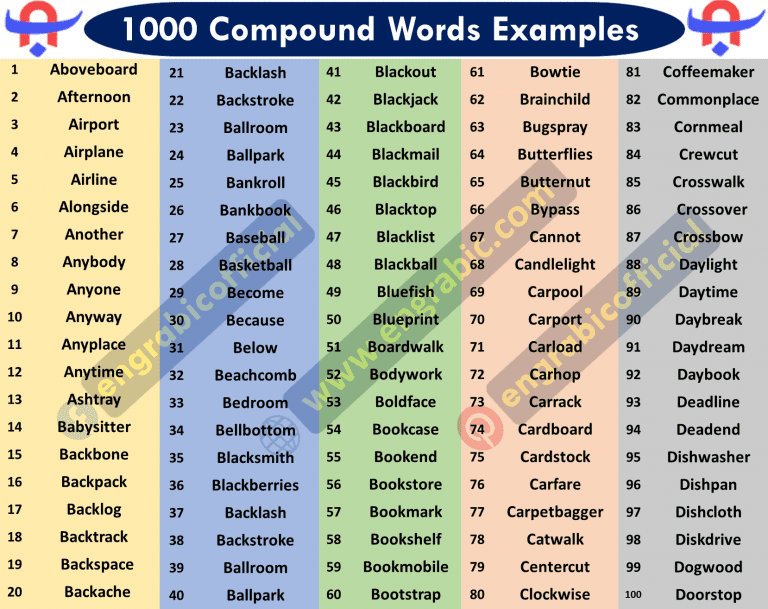
It is difficult for me to speak, I understand,
And all of you in advance forgive.
Prints on the wall,
I thought I had a dream in color,
But it was not in a dream.
And lips believe in infinity,
And somewhere near the bright light,
But the wires in the hopes of
And two hundred and twenty me in response.
Don't know what to say, promise.
It is difficult for me to say, but that silence,
I will forgive you beforehand.
It is difficult for me to say, but the emptiness
And the air break a promise.
It is difficult for me to speak, I understand,
And all of you in advance forgive.
Don't know what to say, promise.
It is difficult for me to say, but that silence,
I will forgive you beforehand.
All-time hits at Reflex - It's hard for me to say: [64]
uCrazy.ru
Trintrotoluene is one of the most common high explosives.

Learn more

